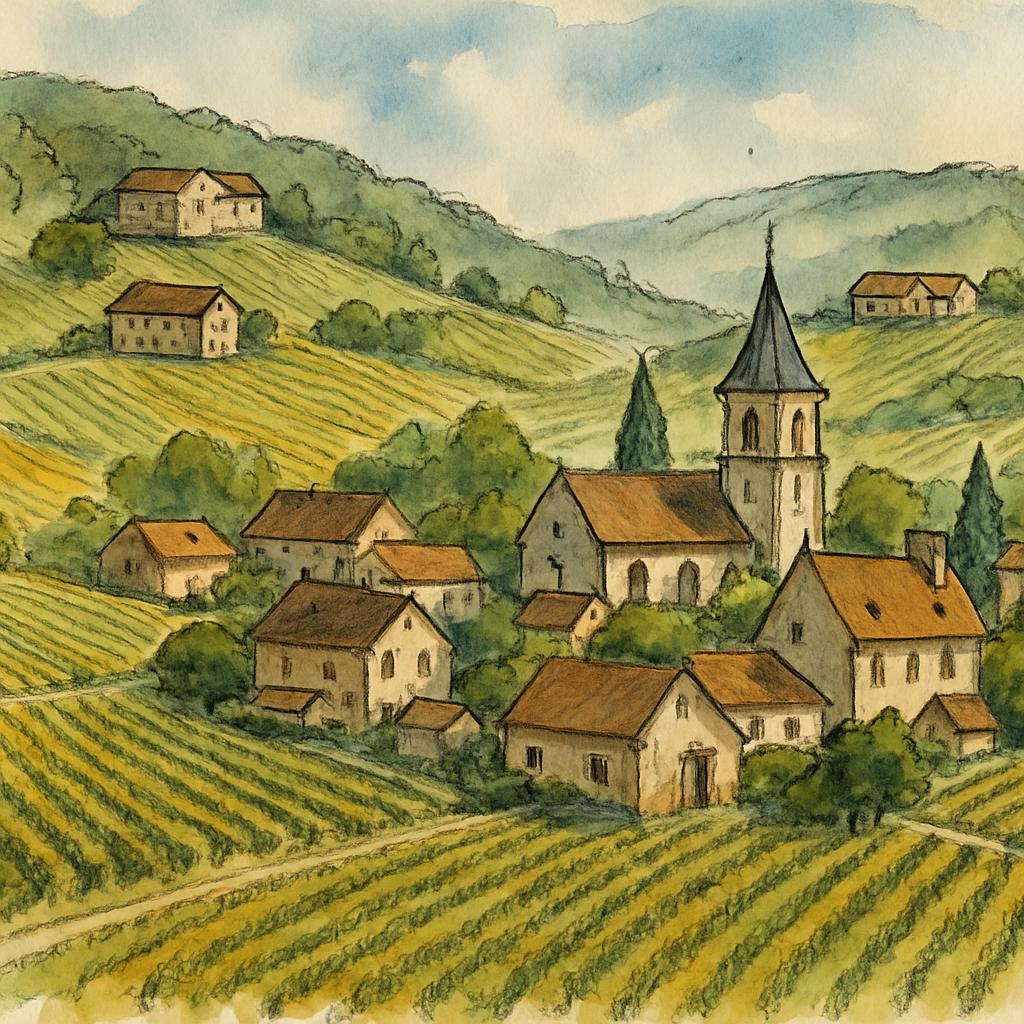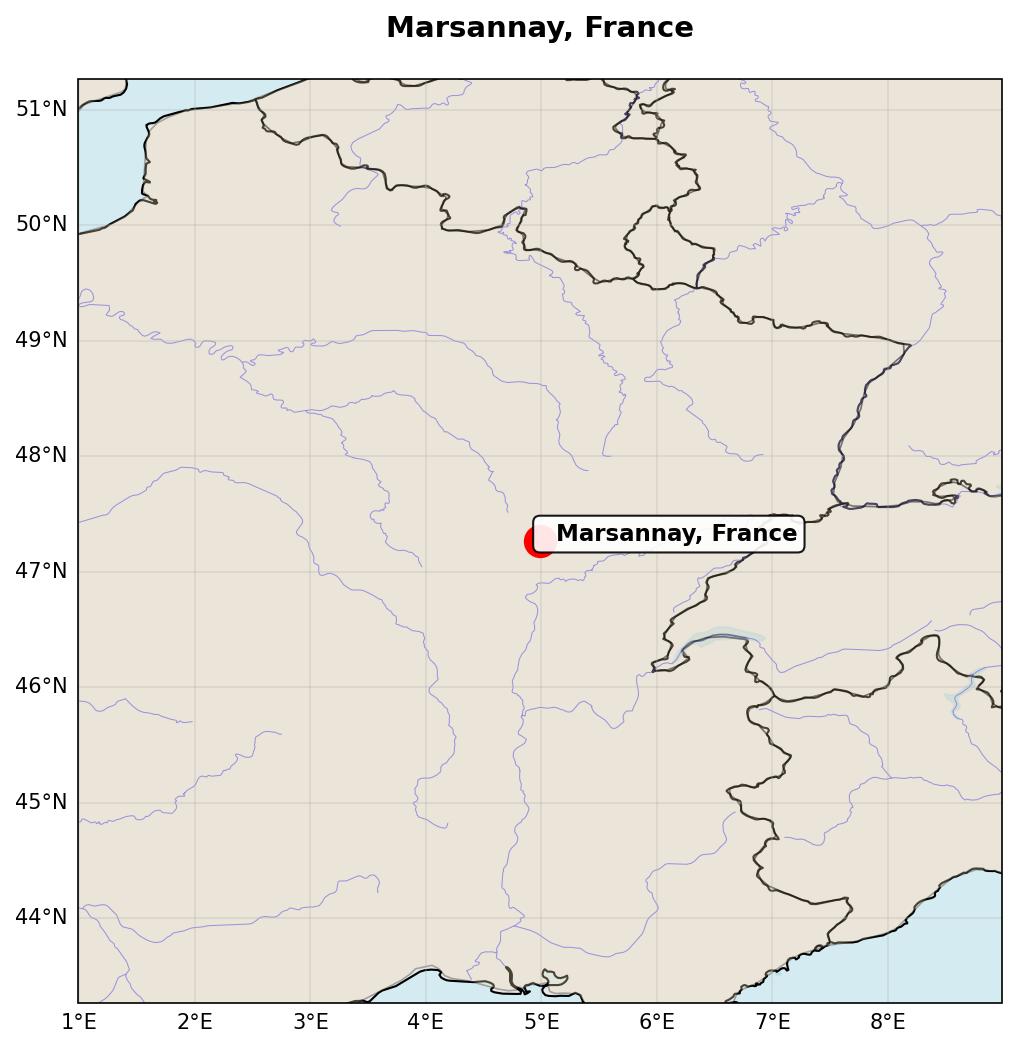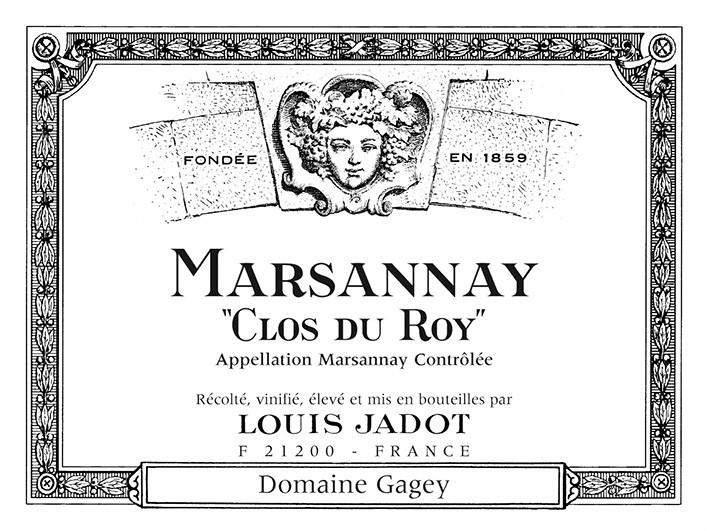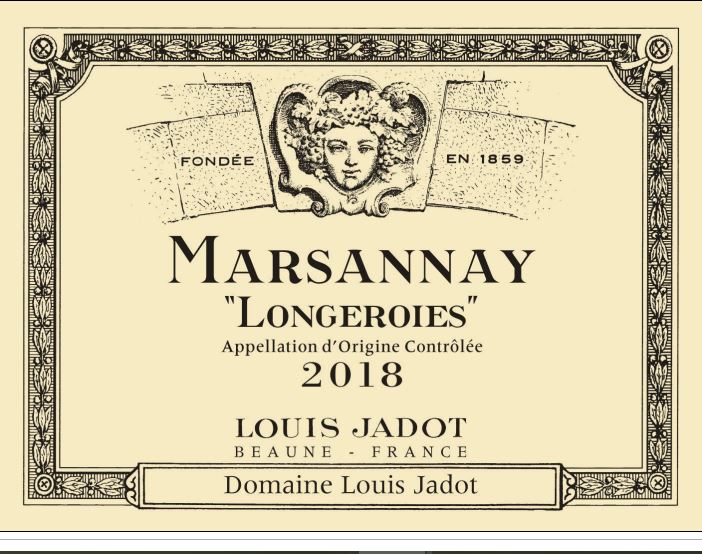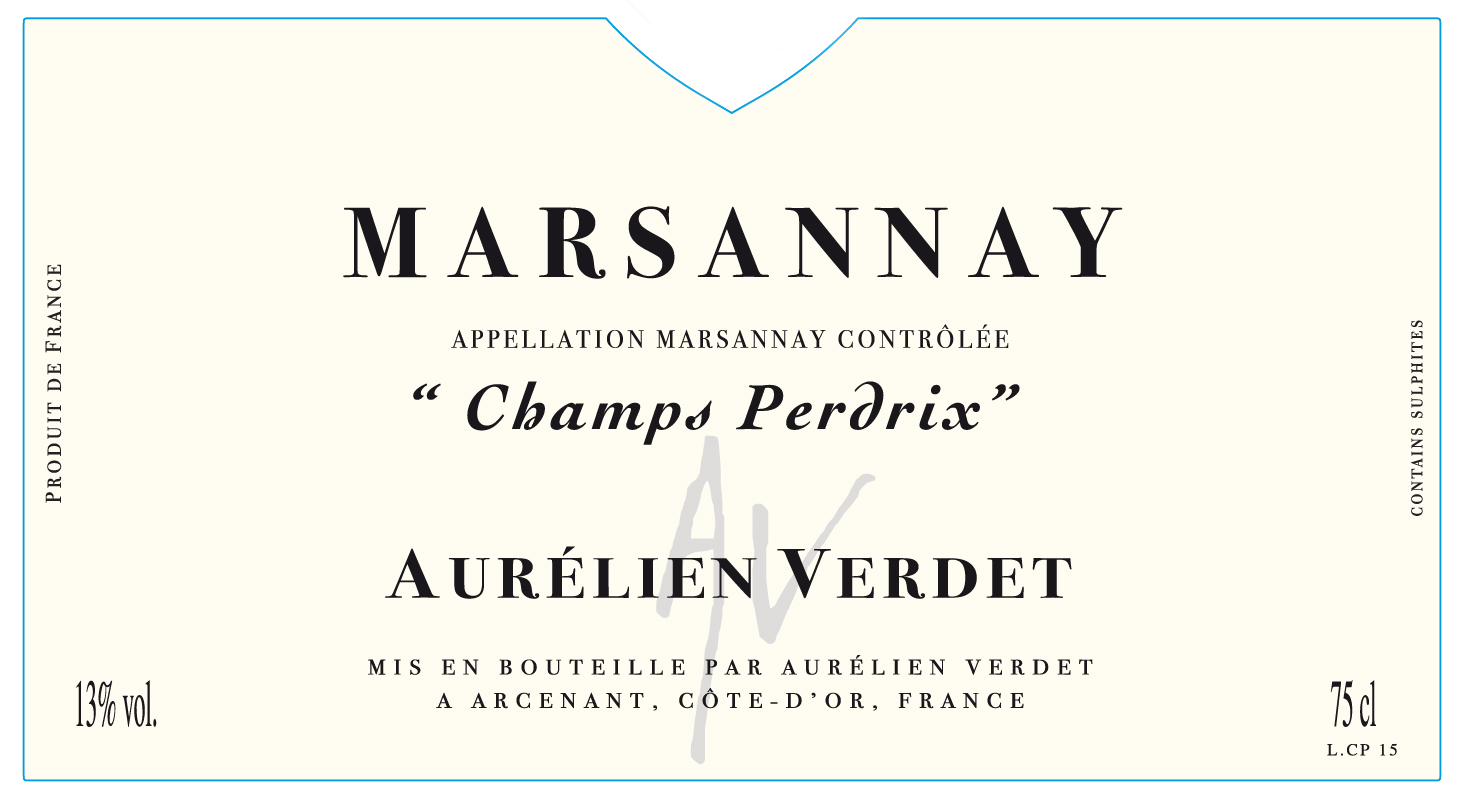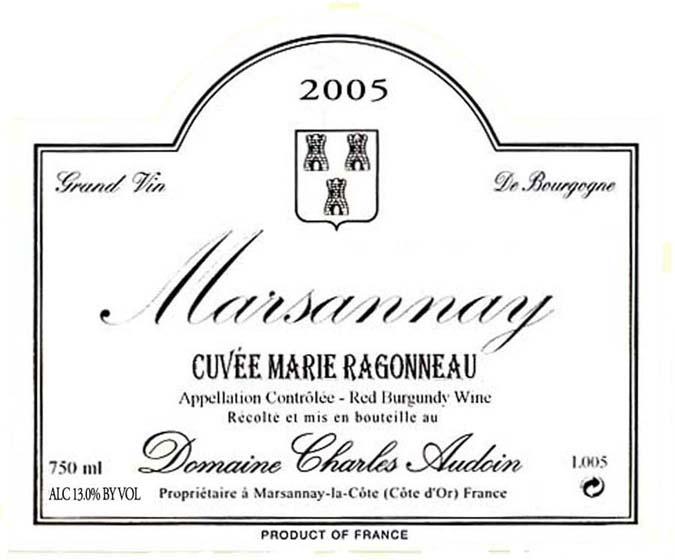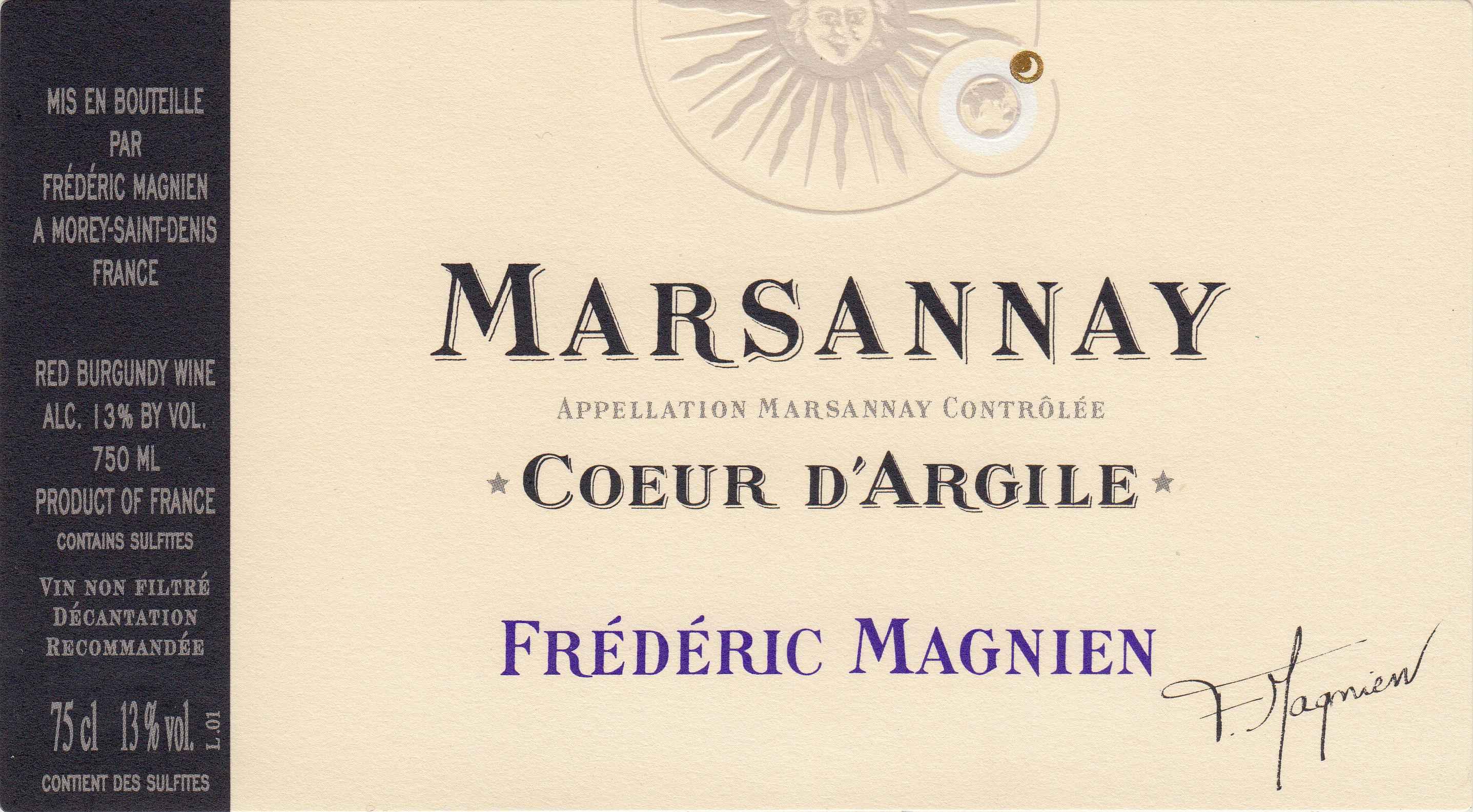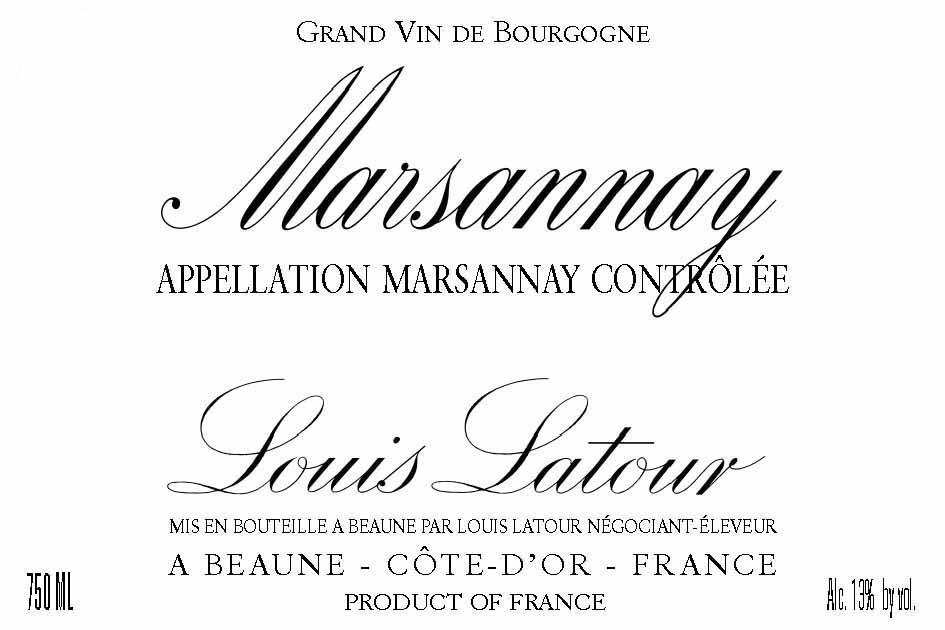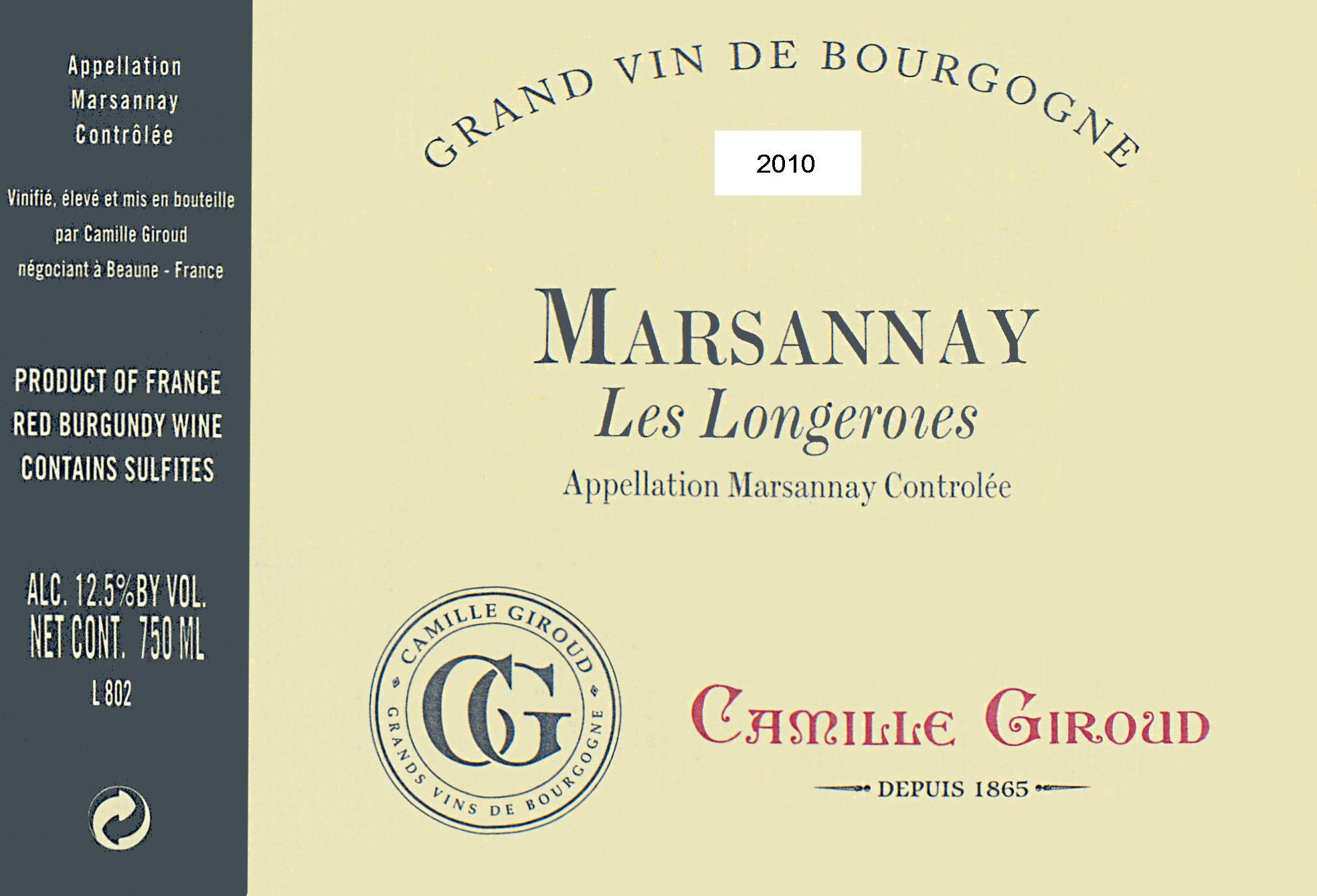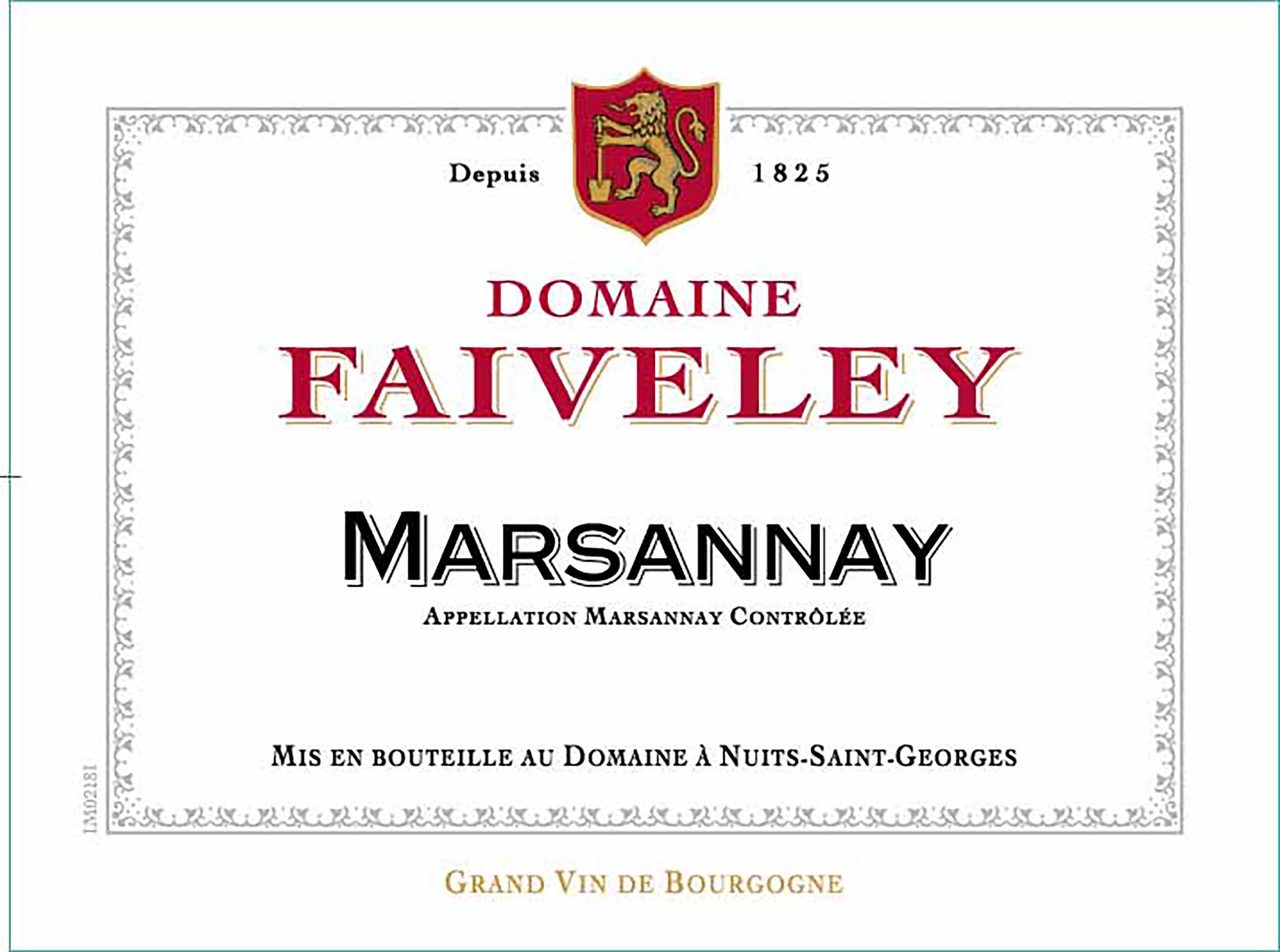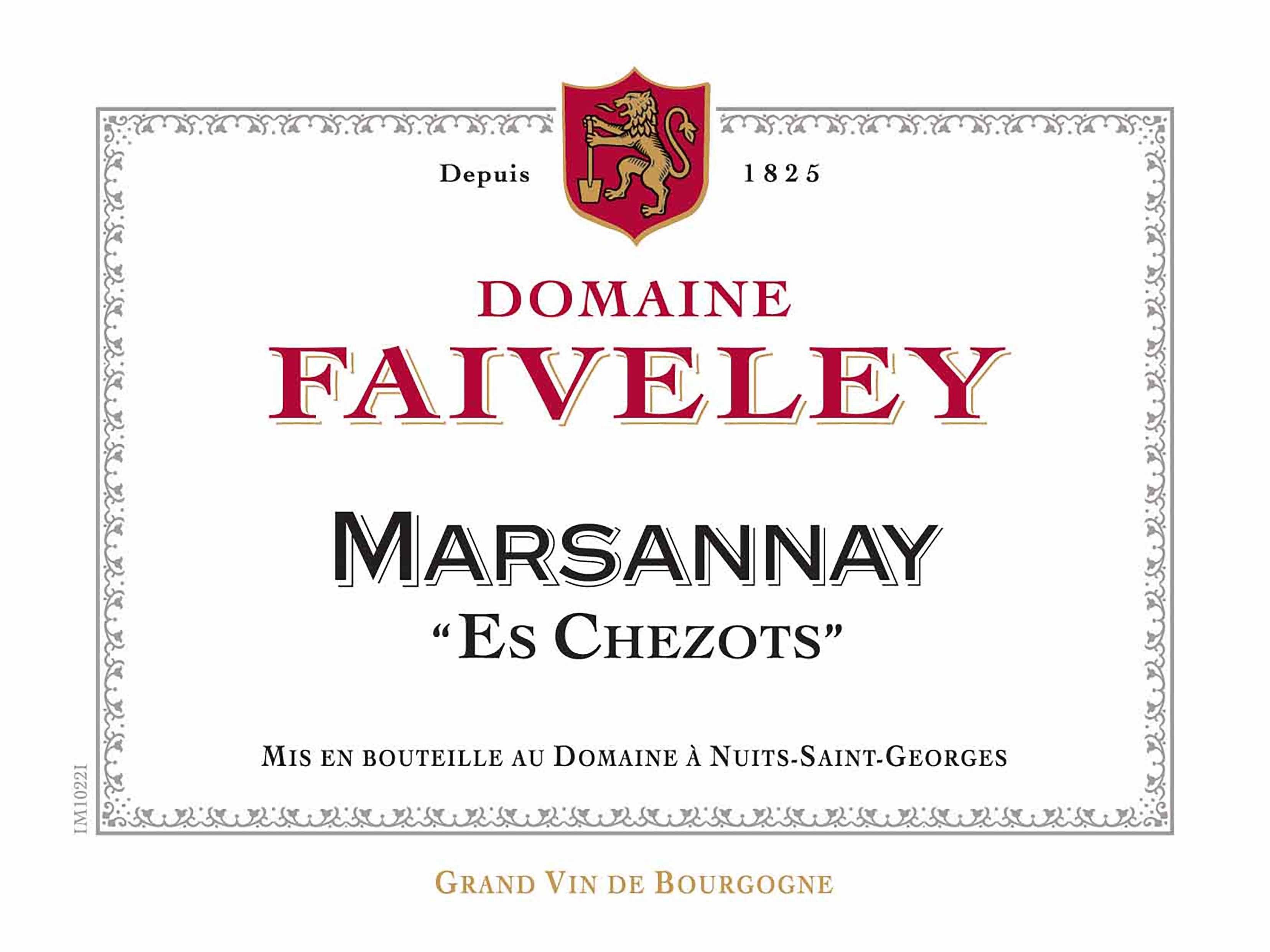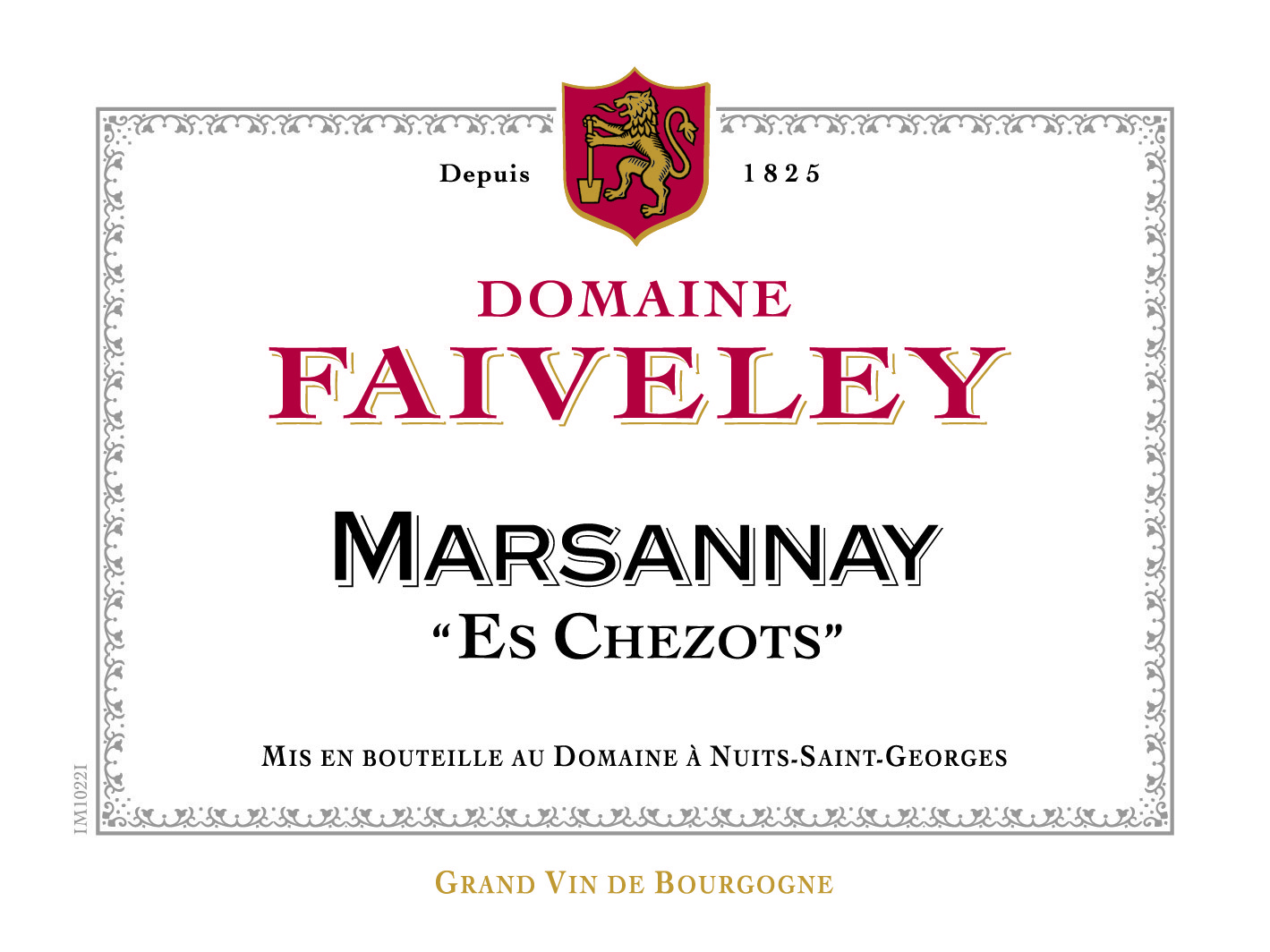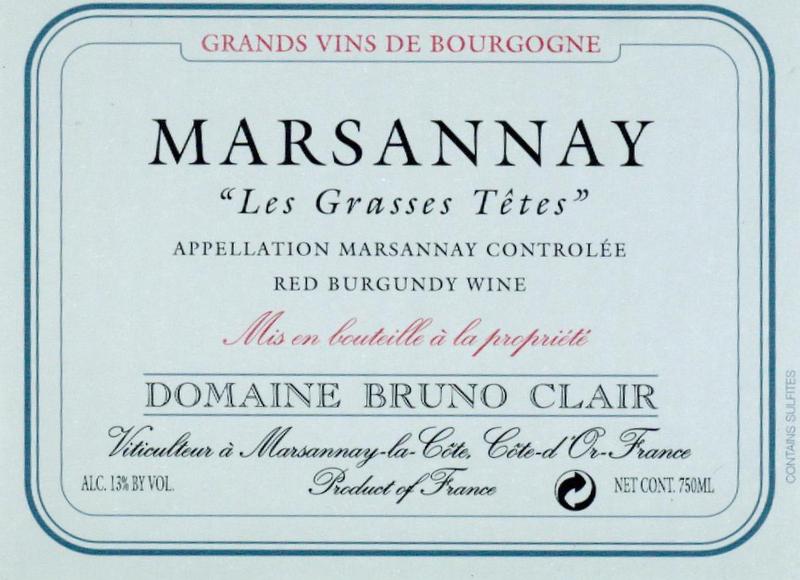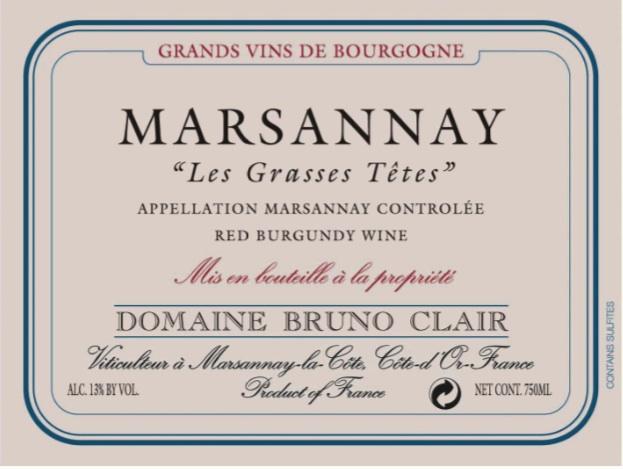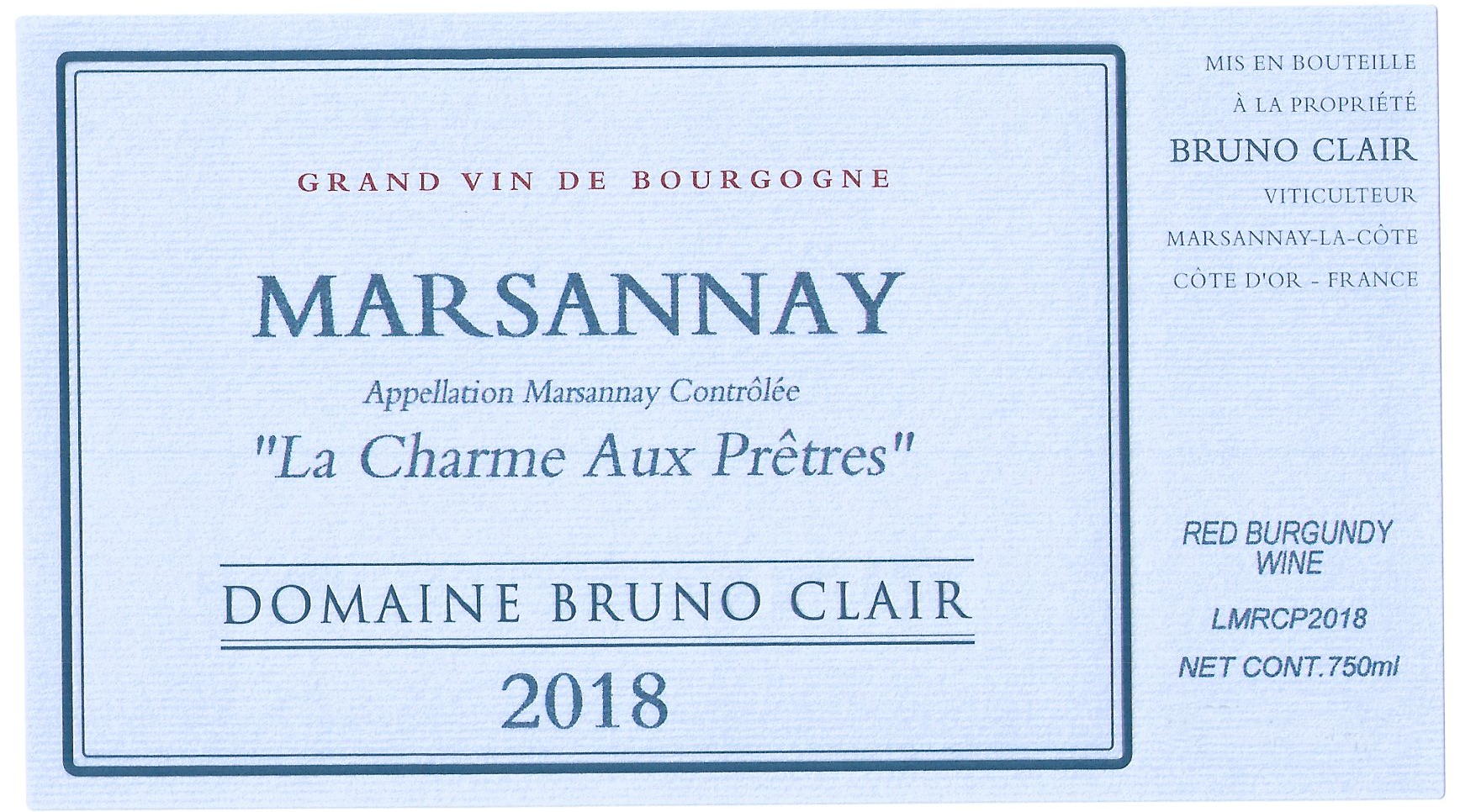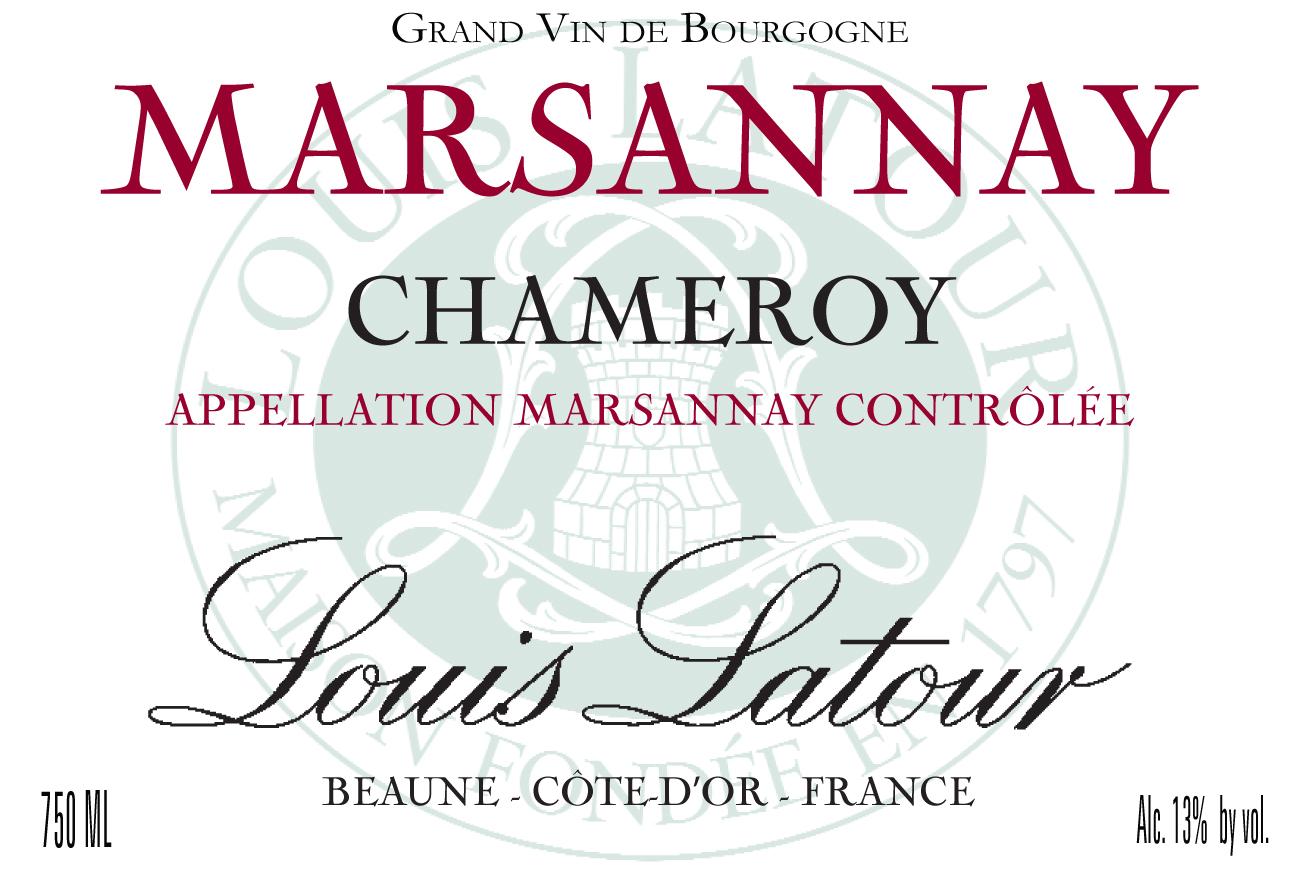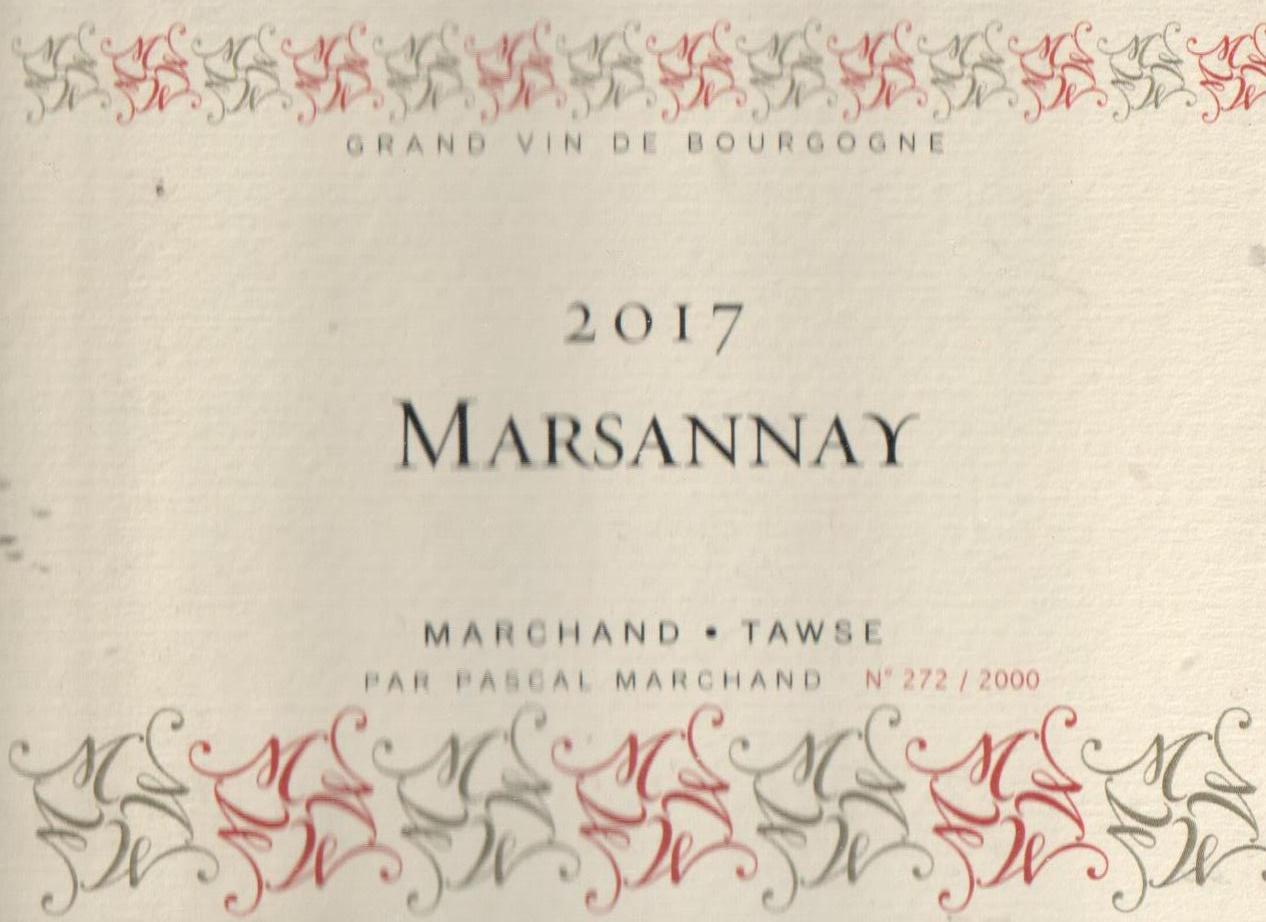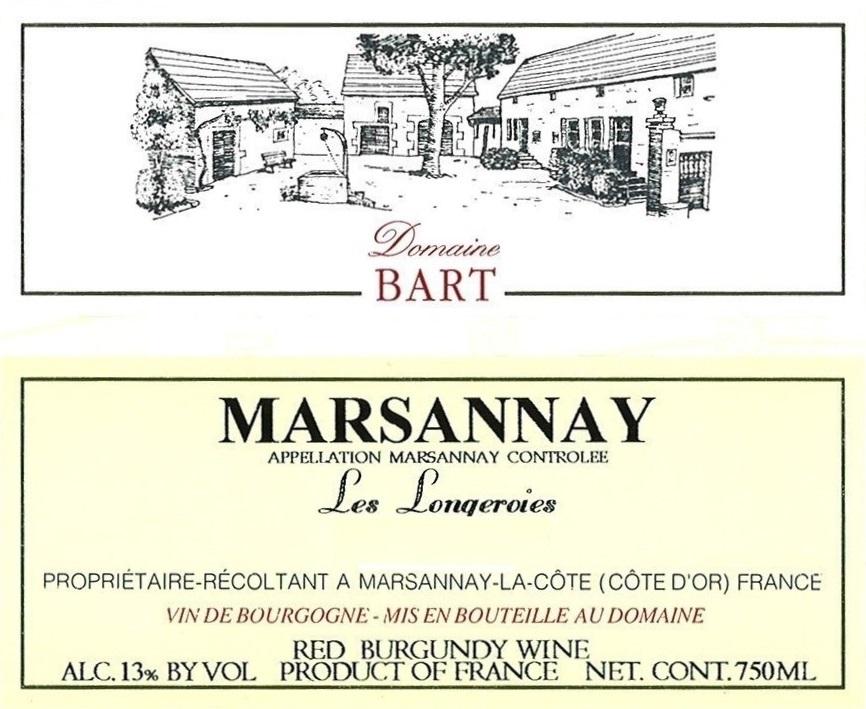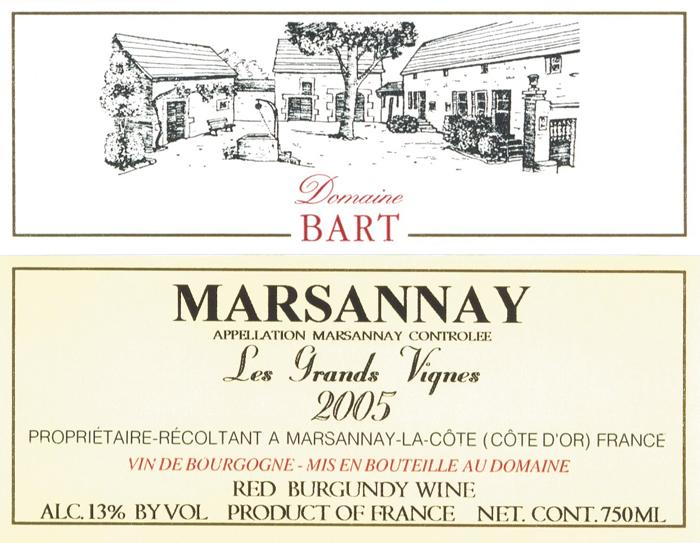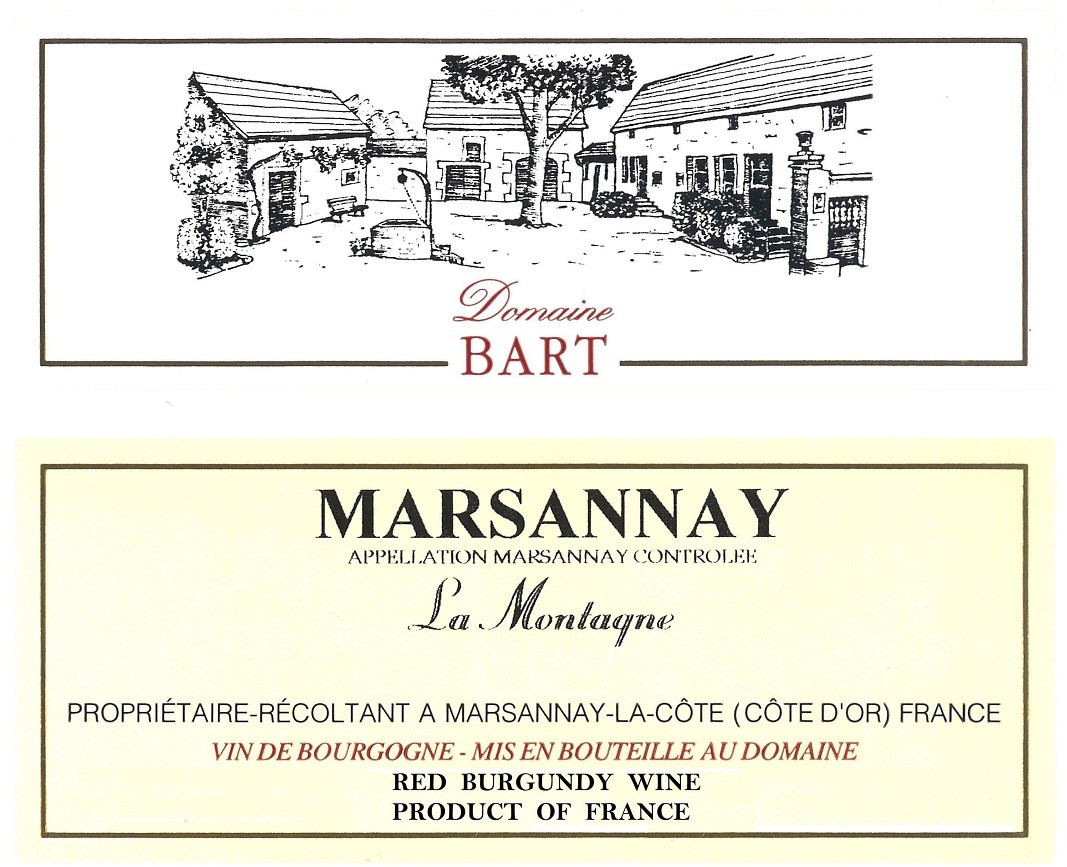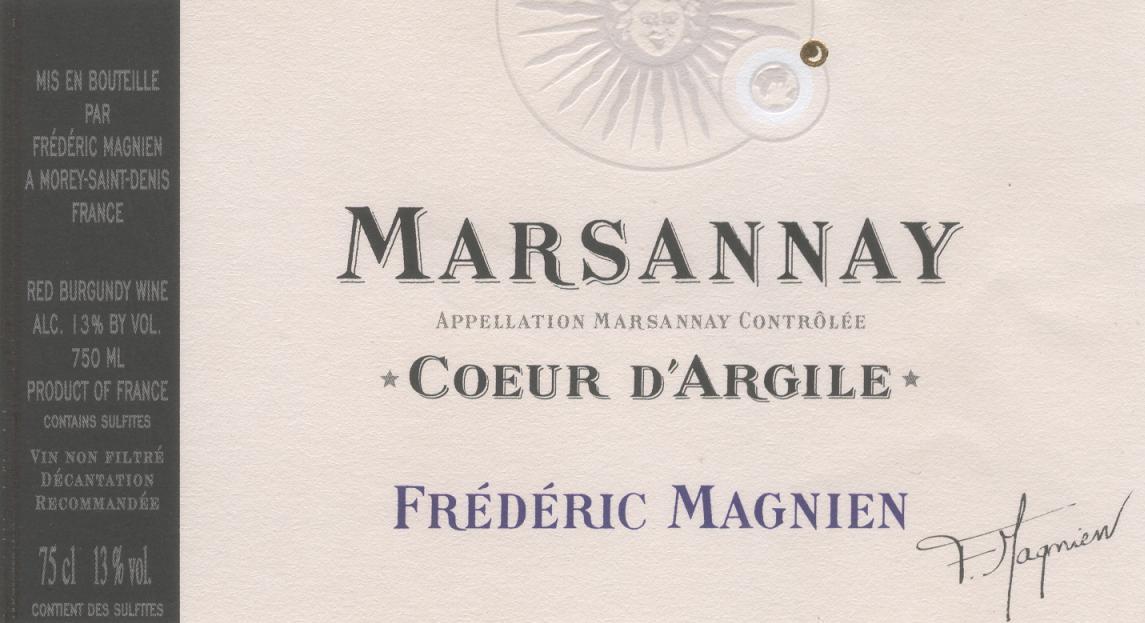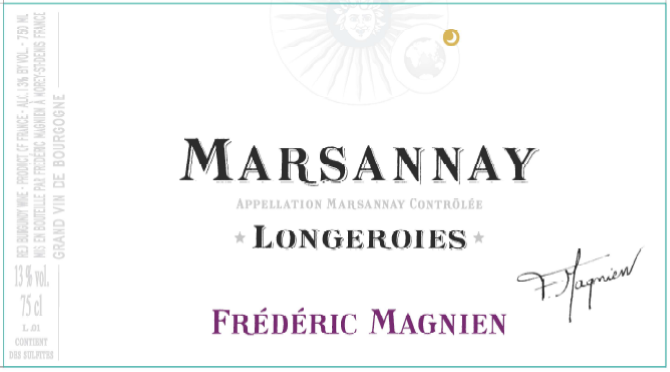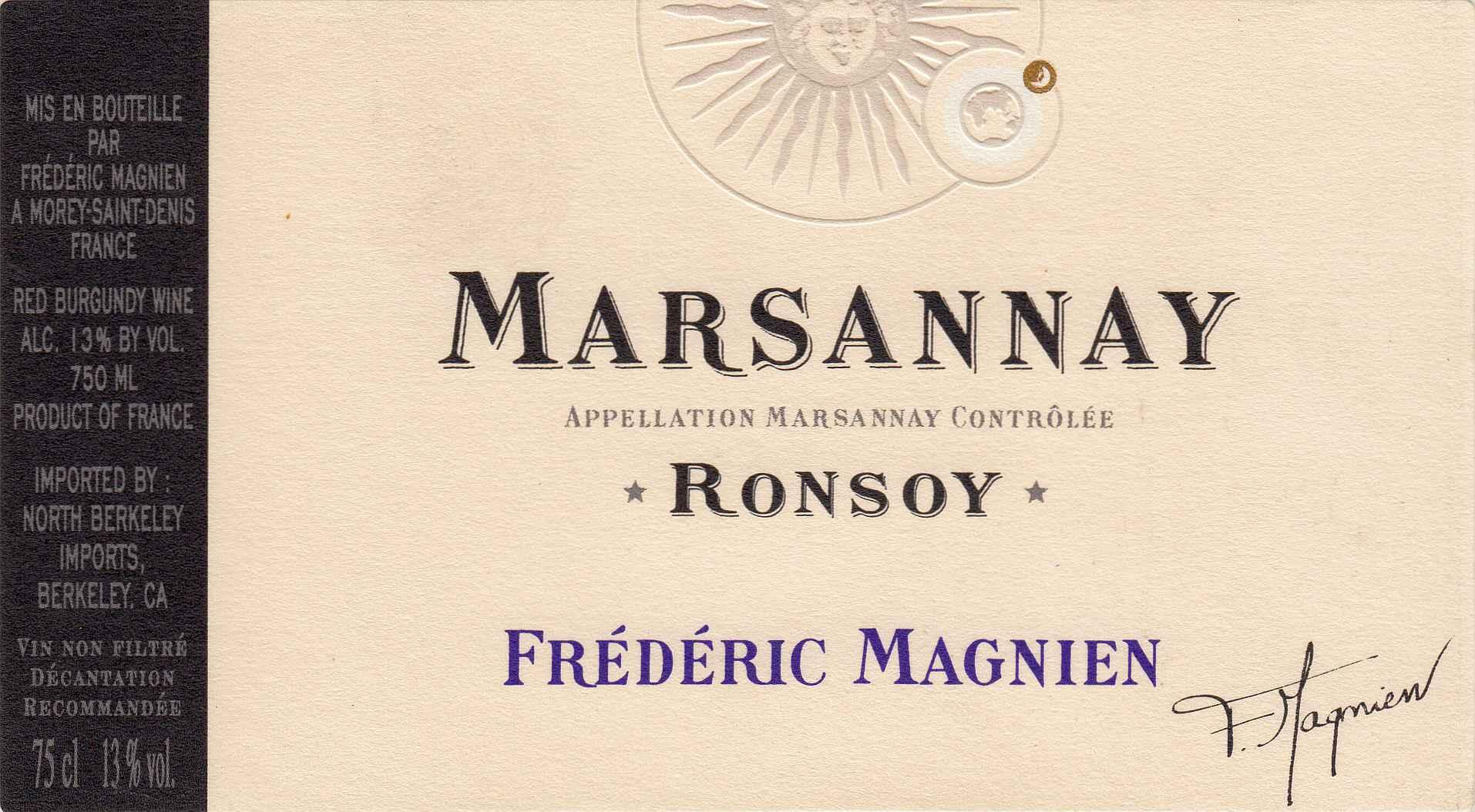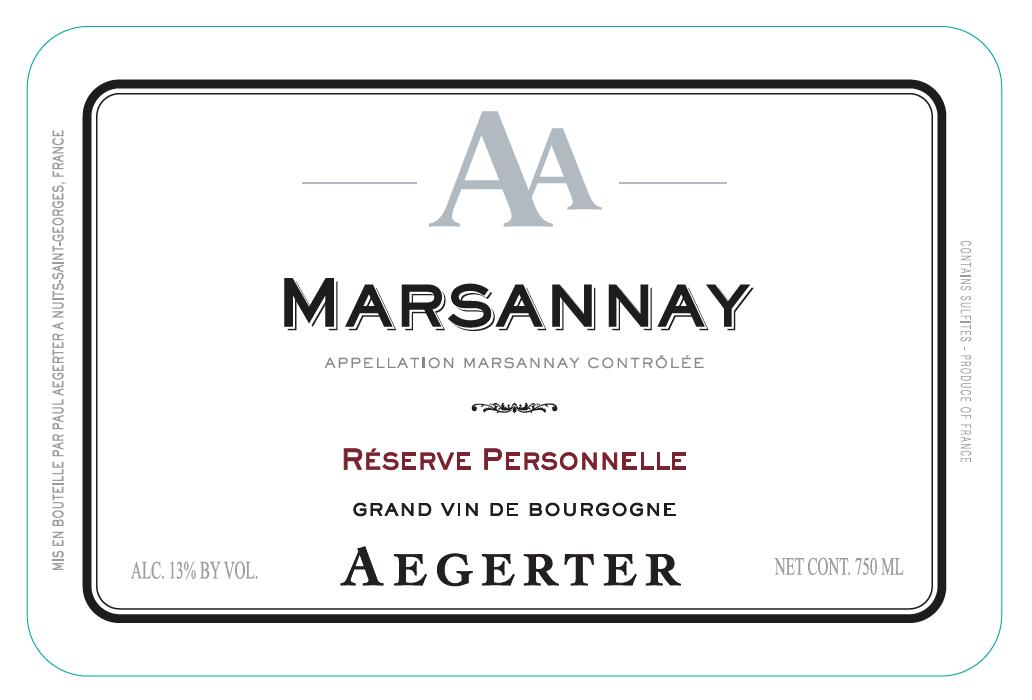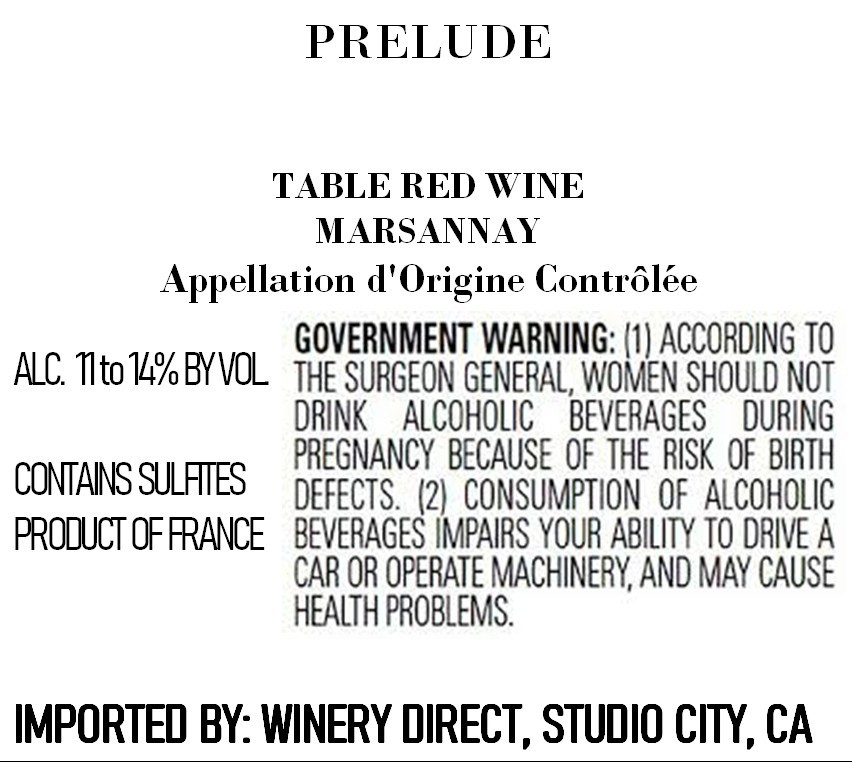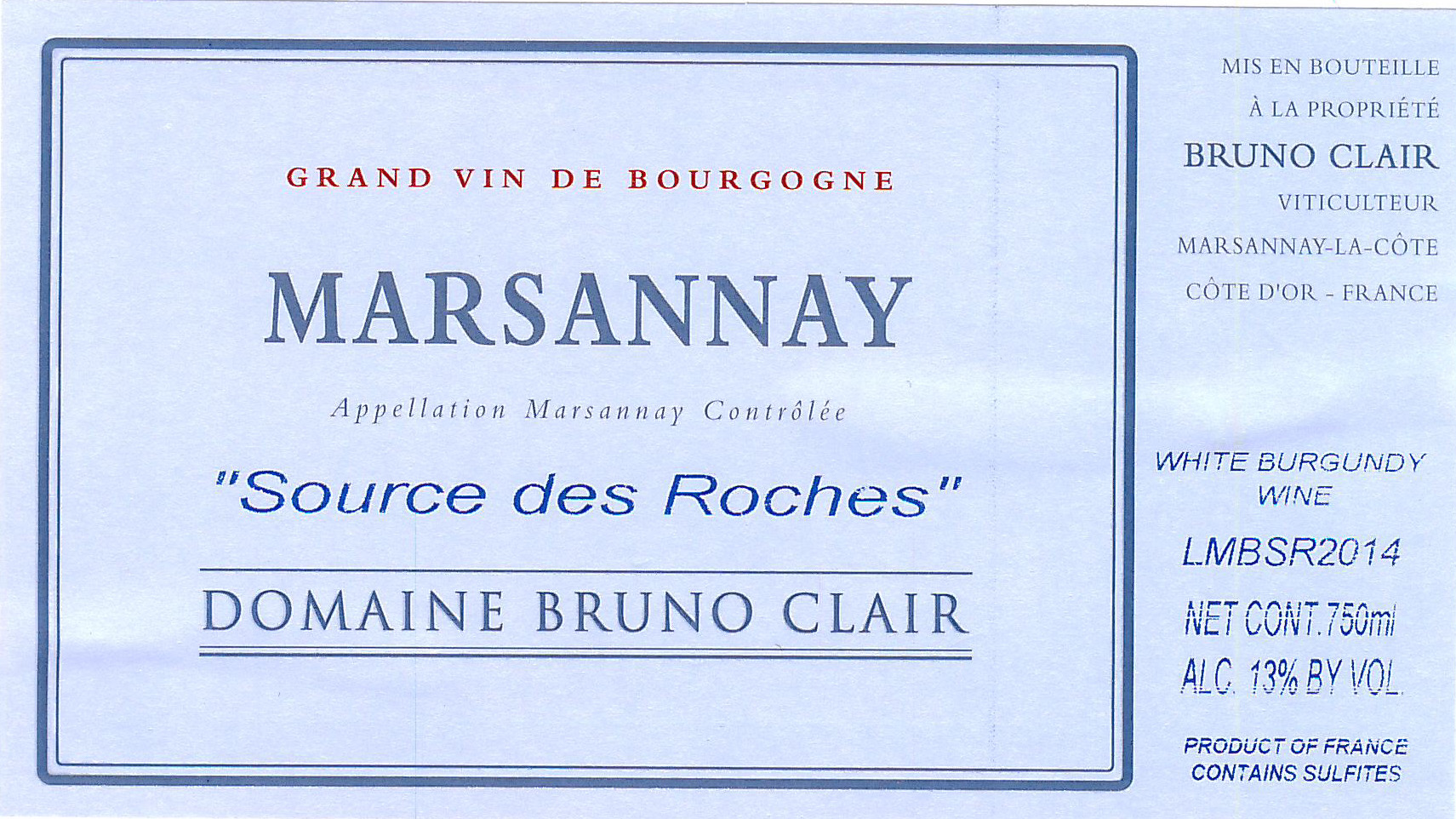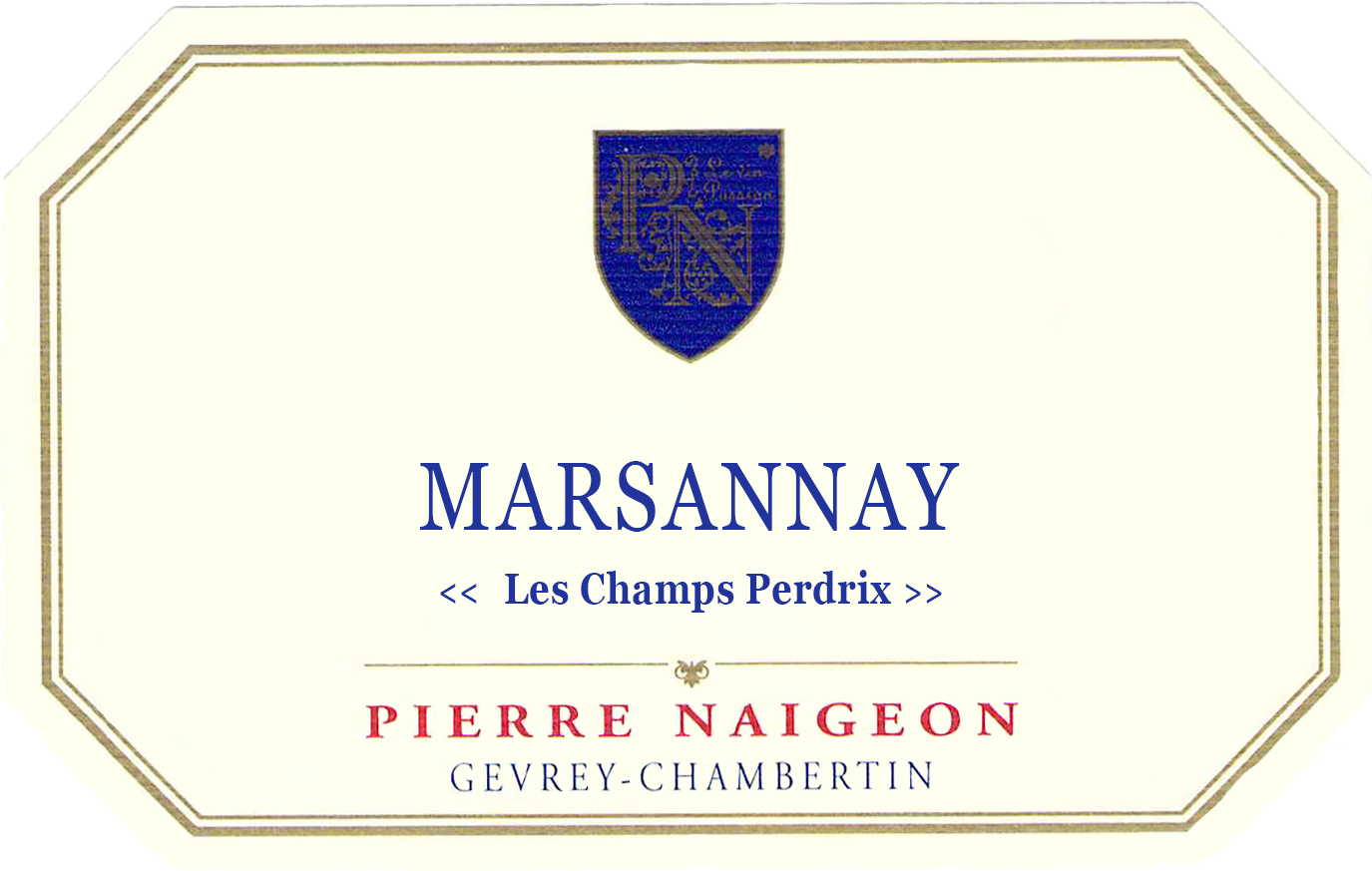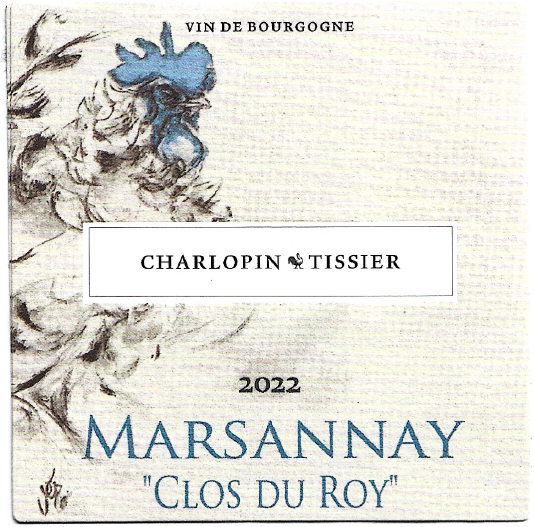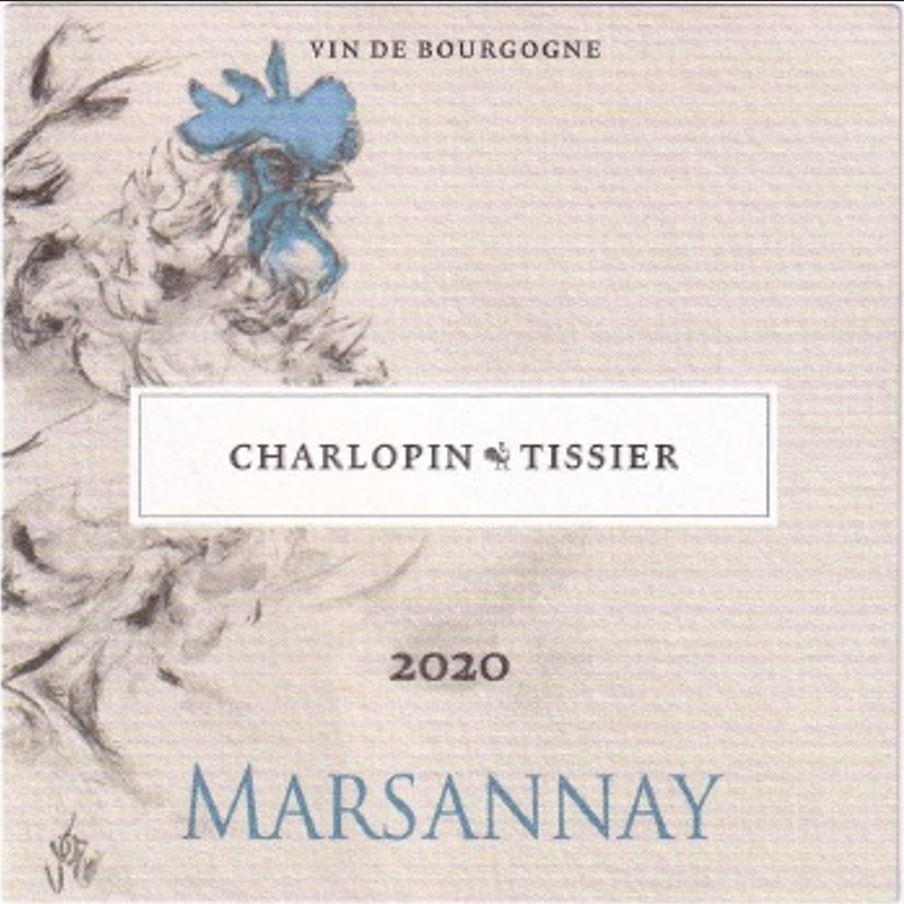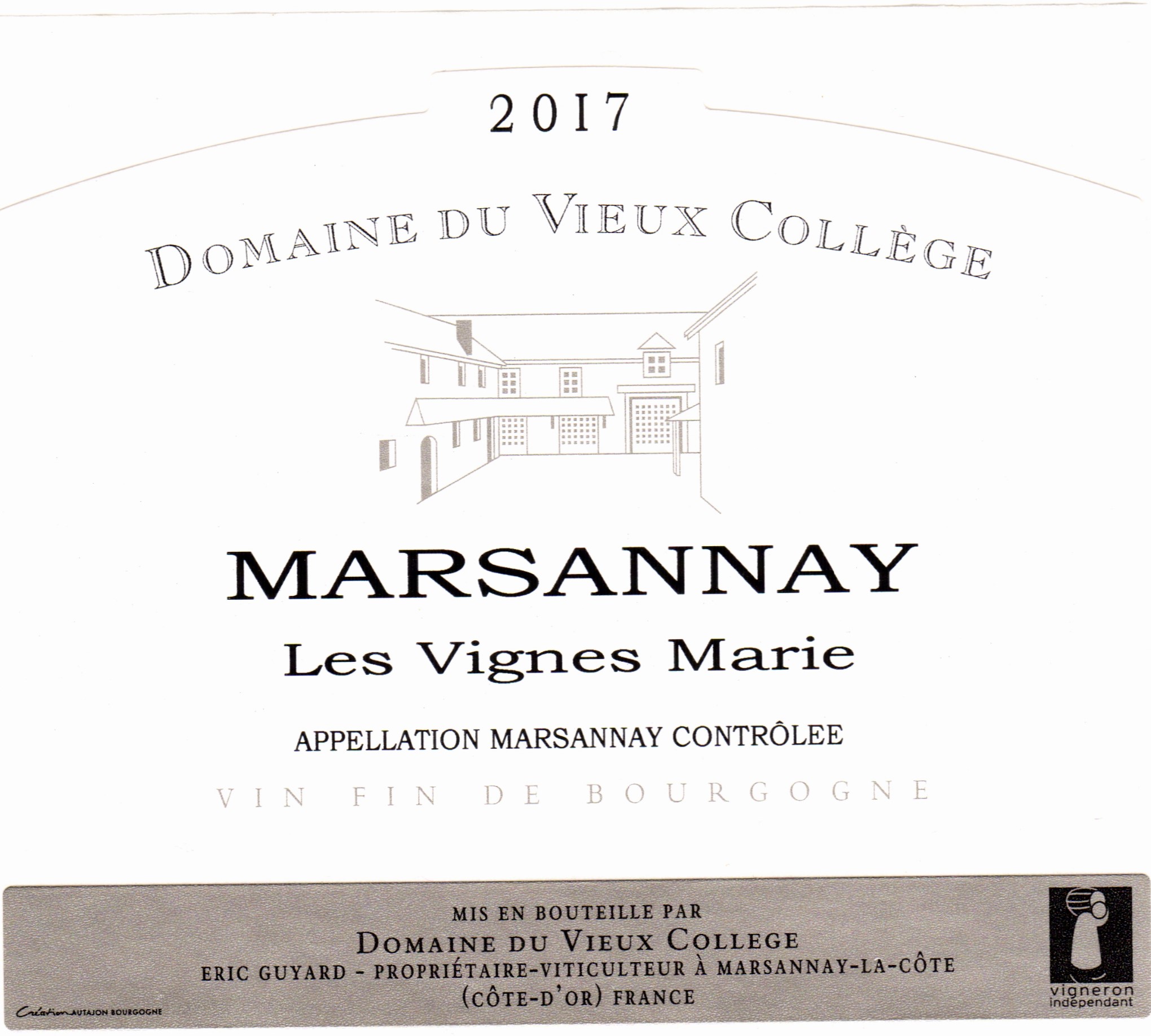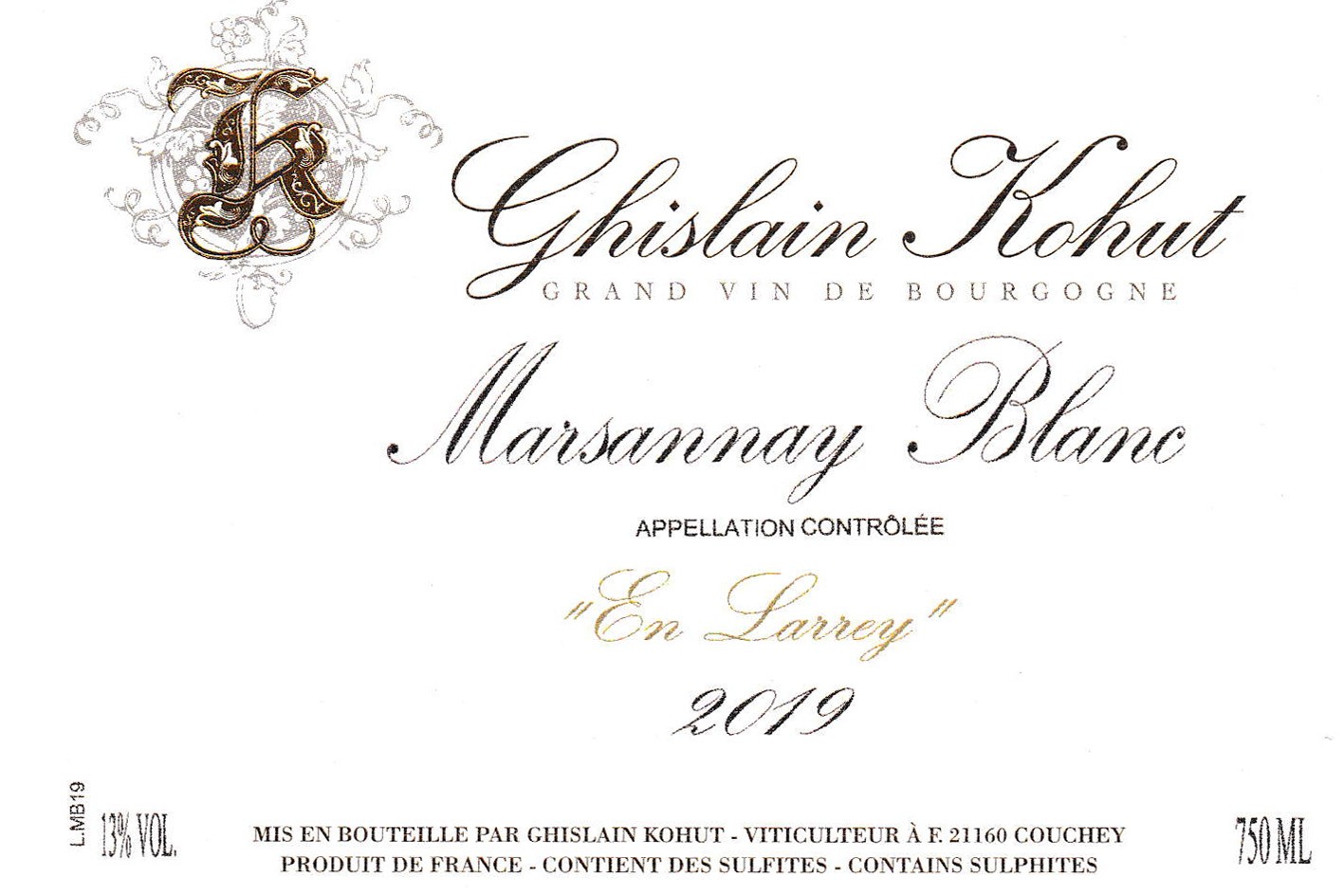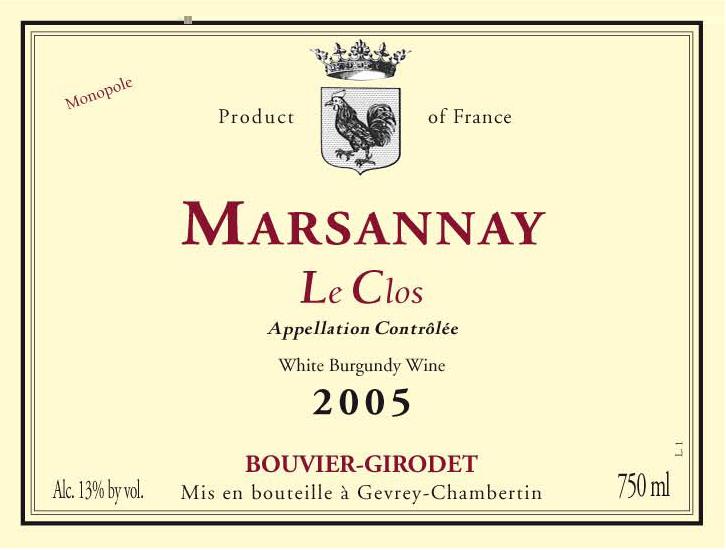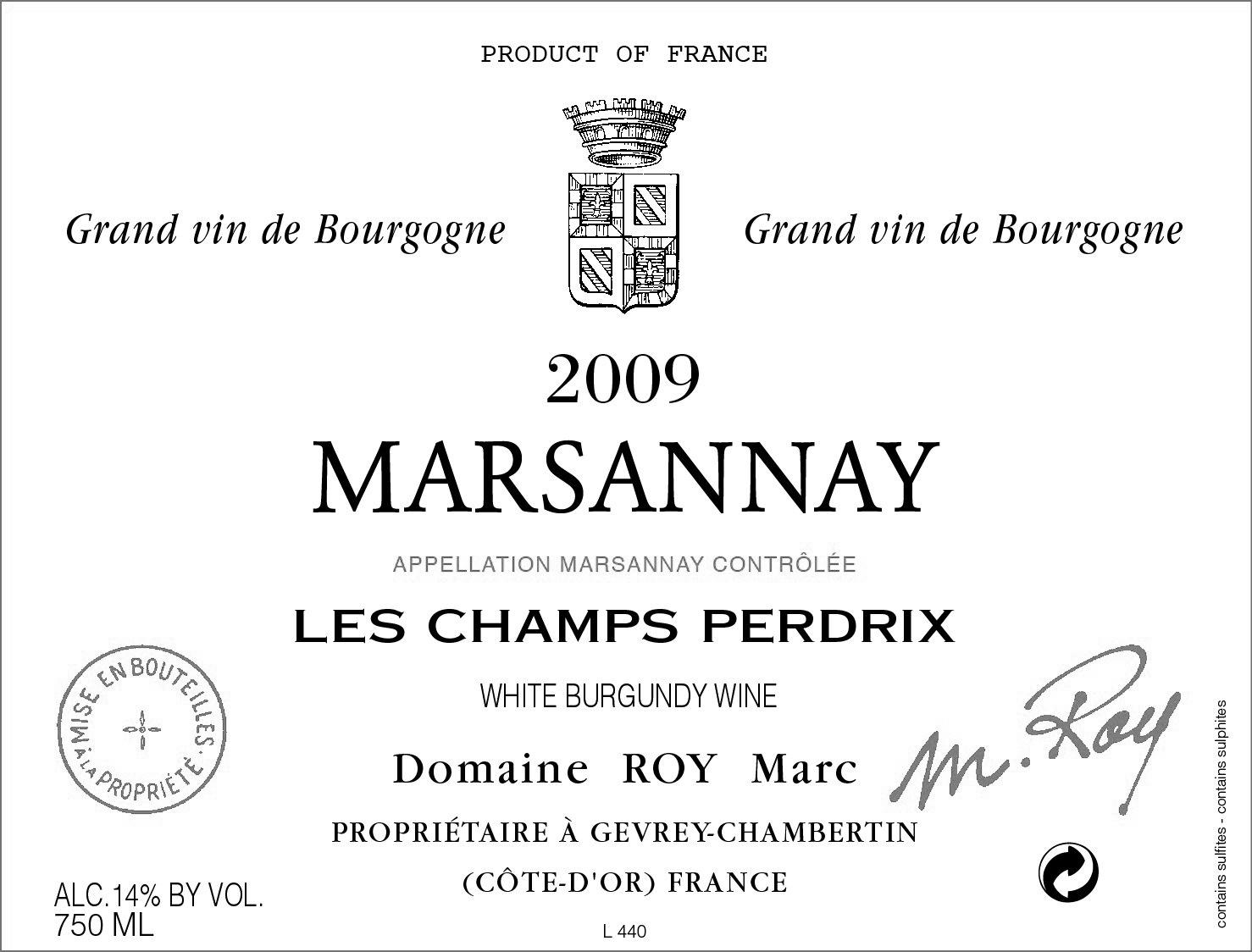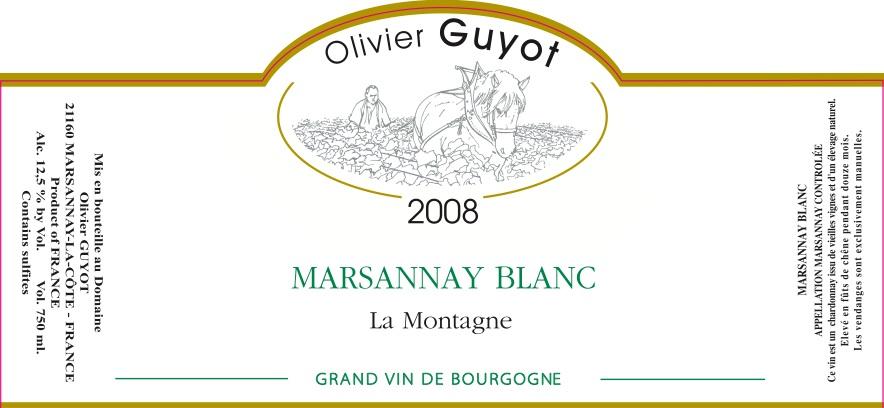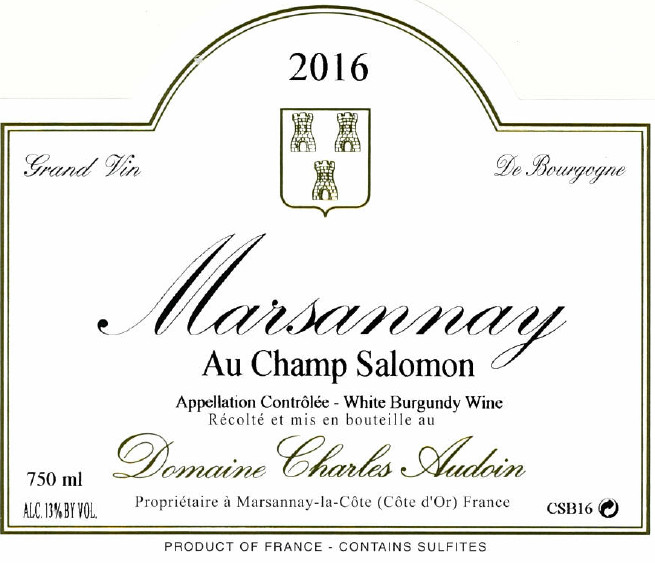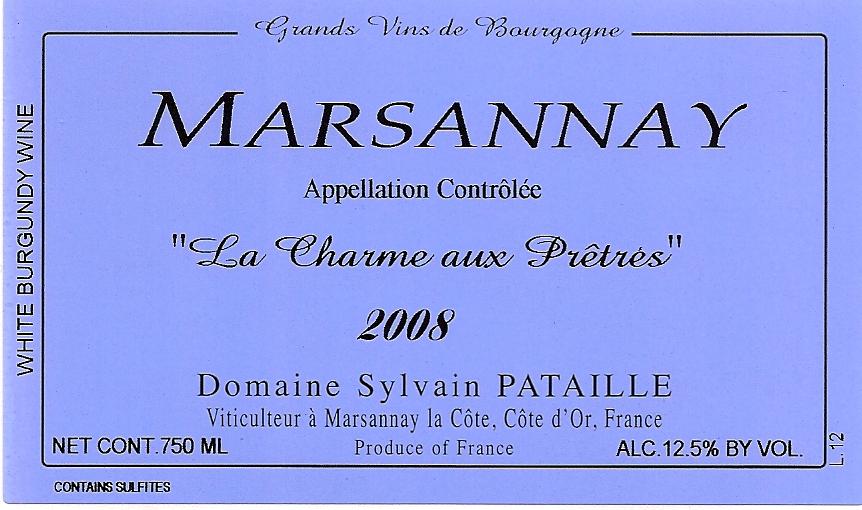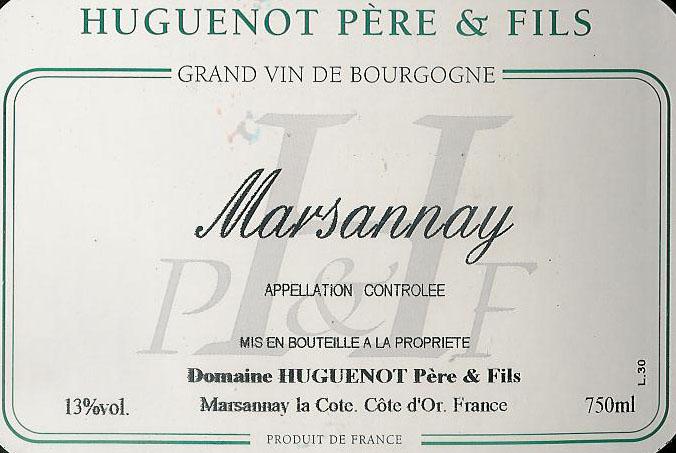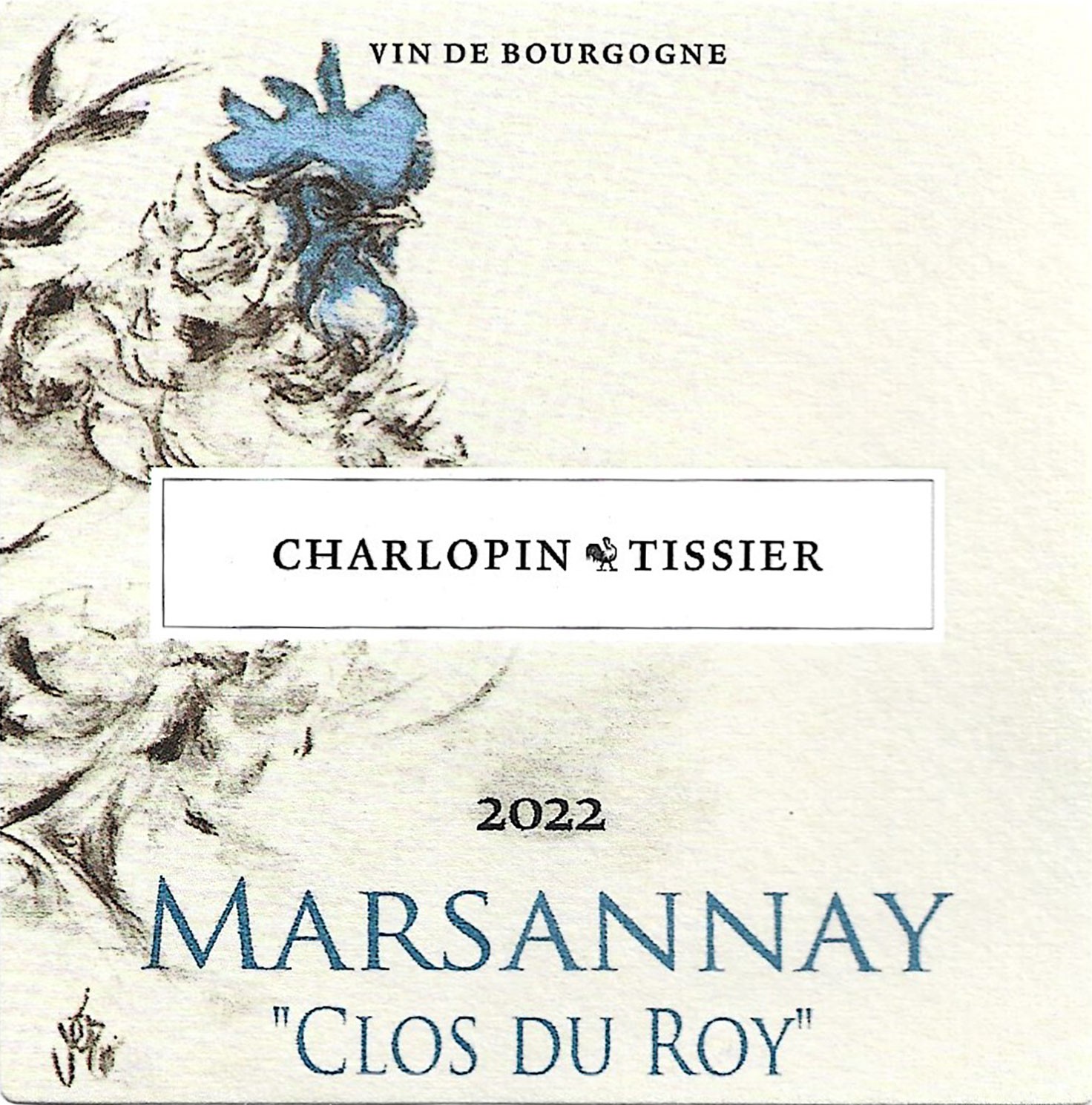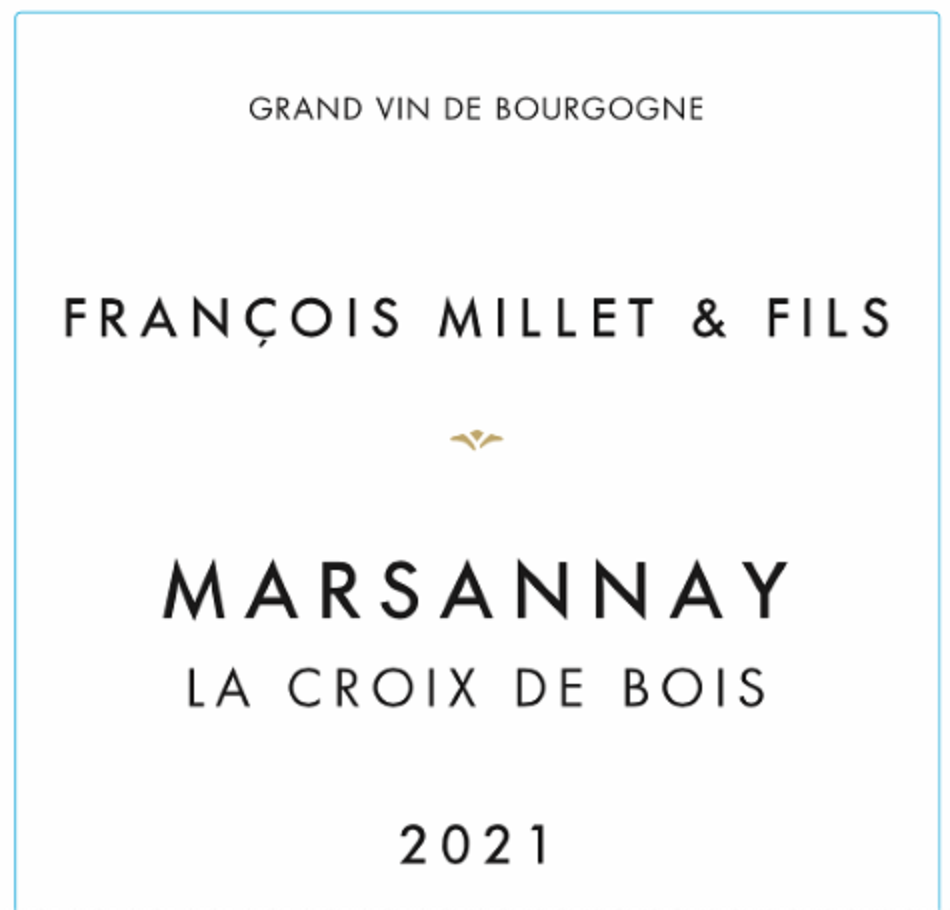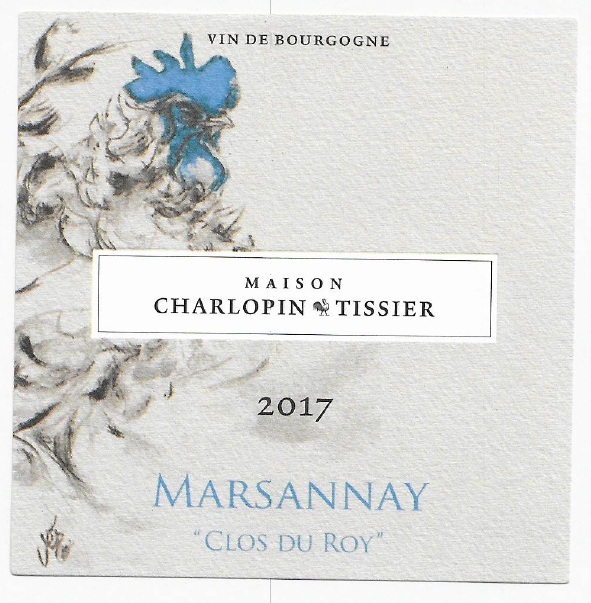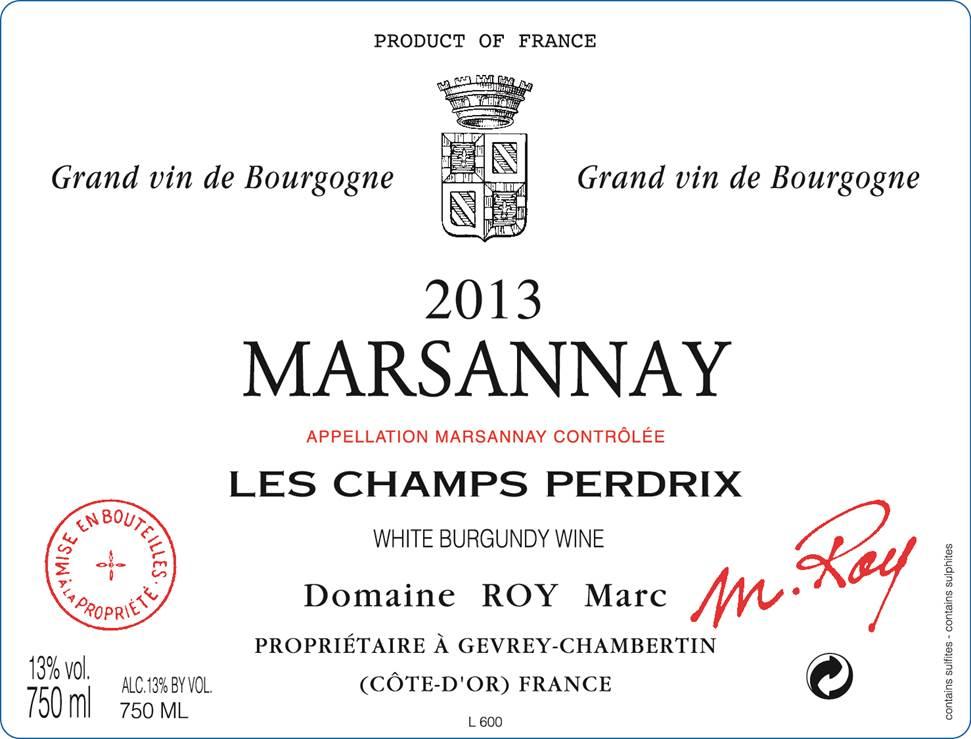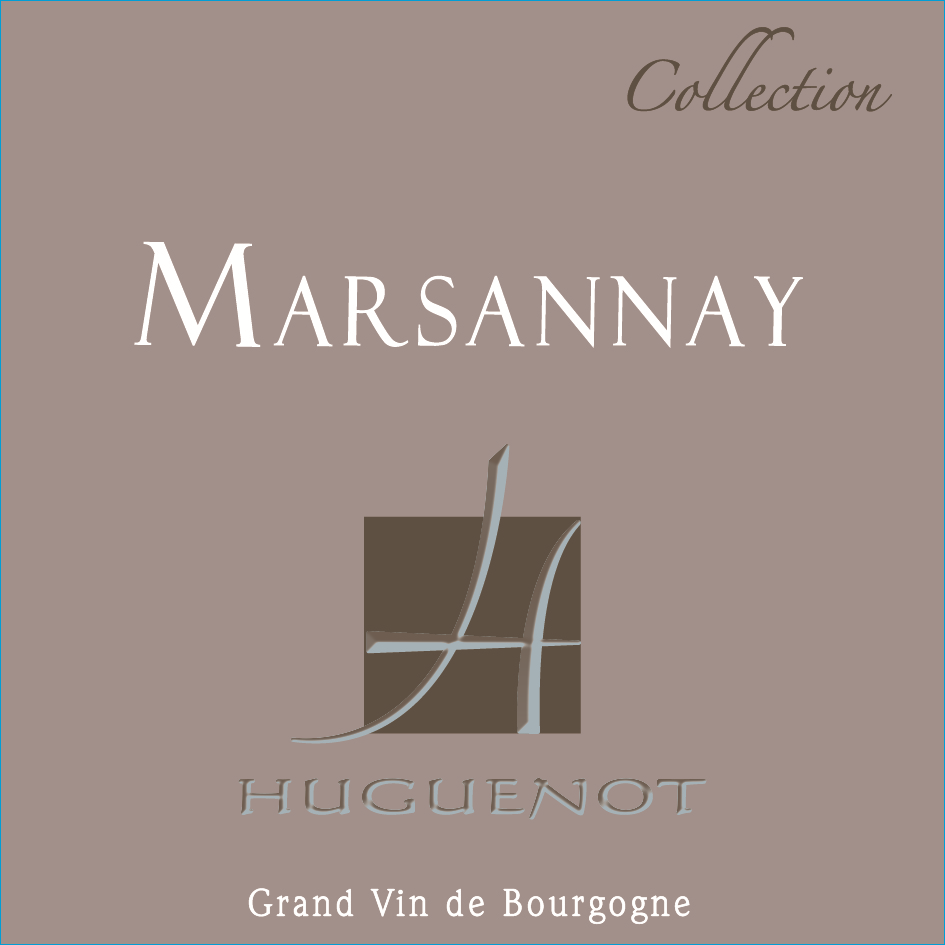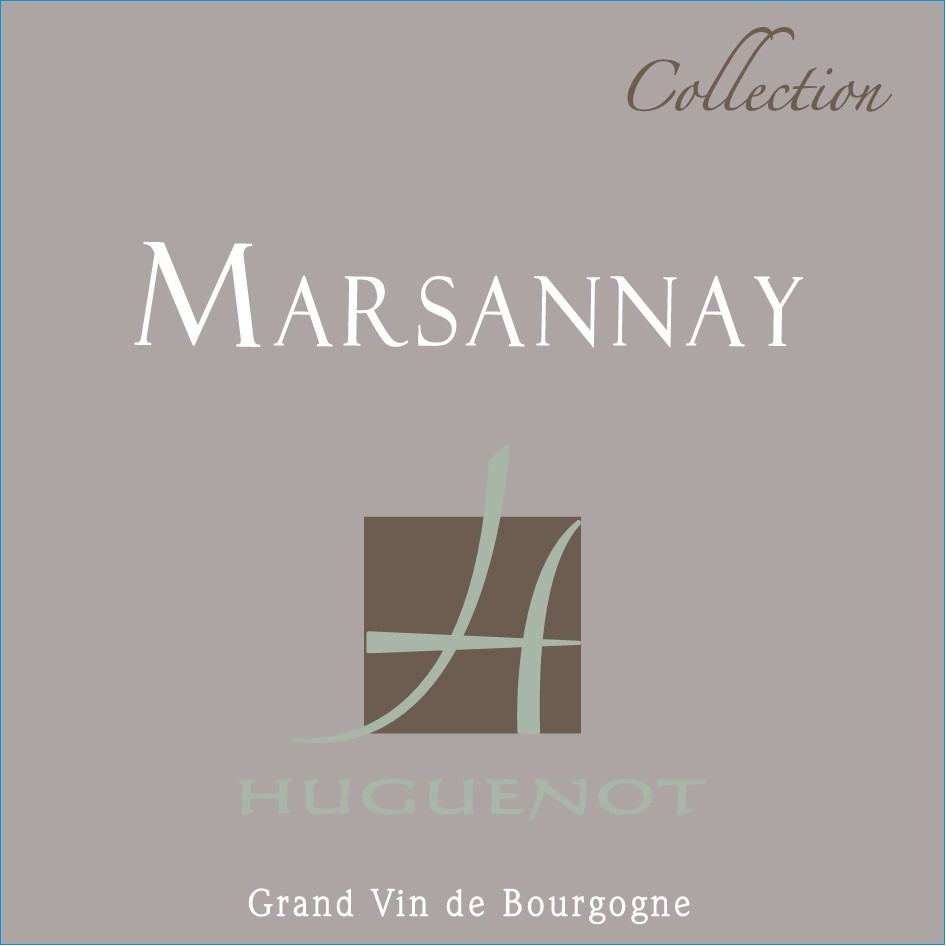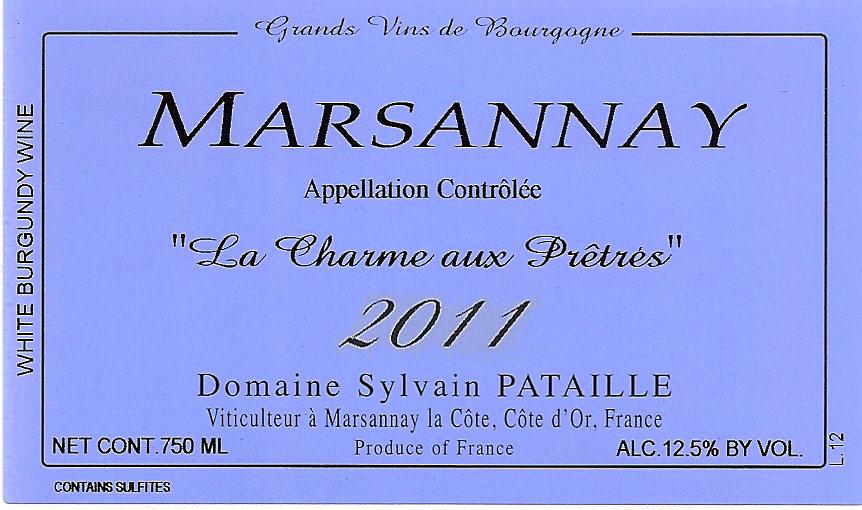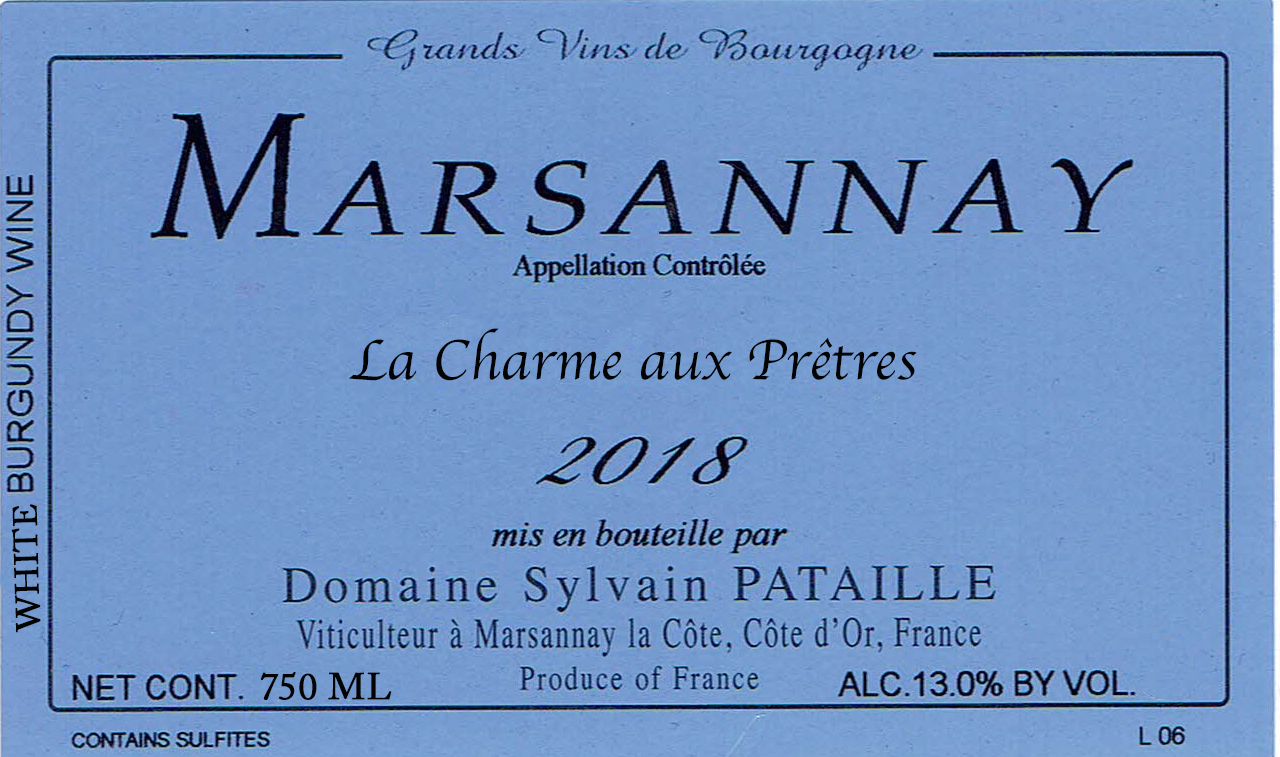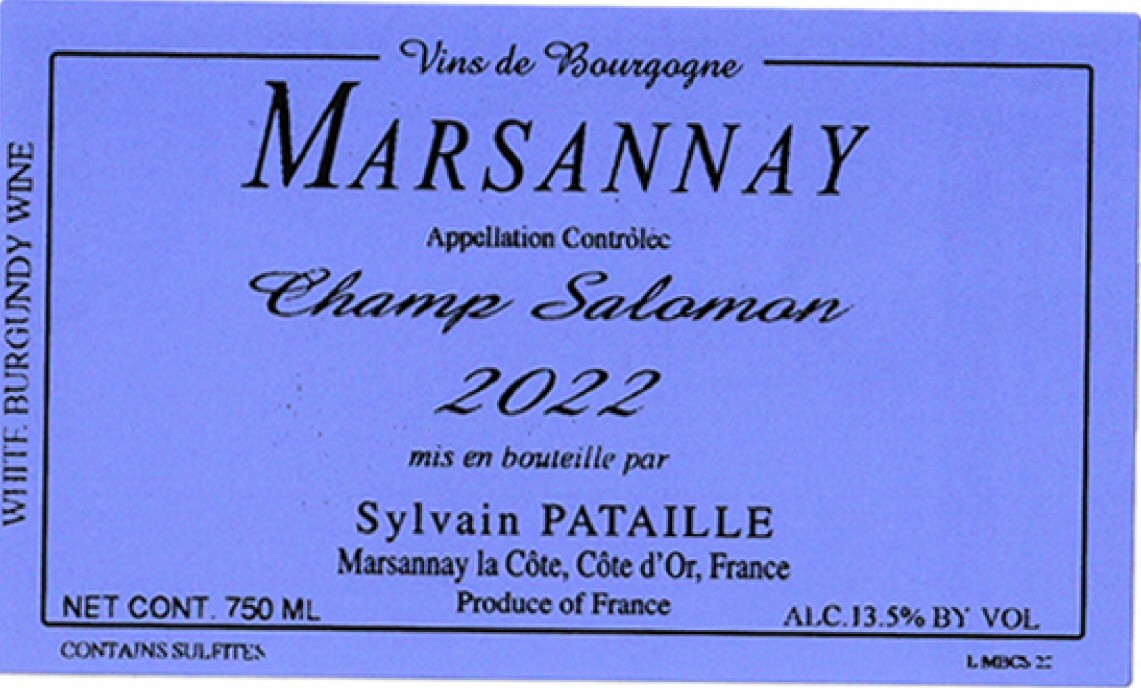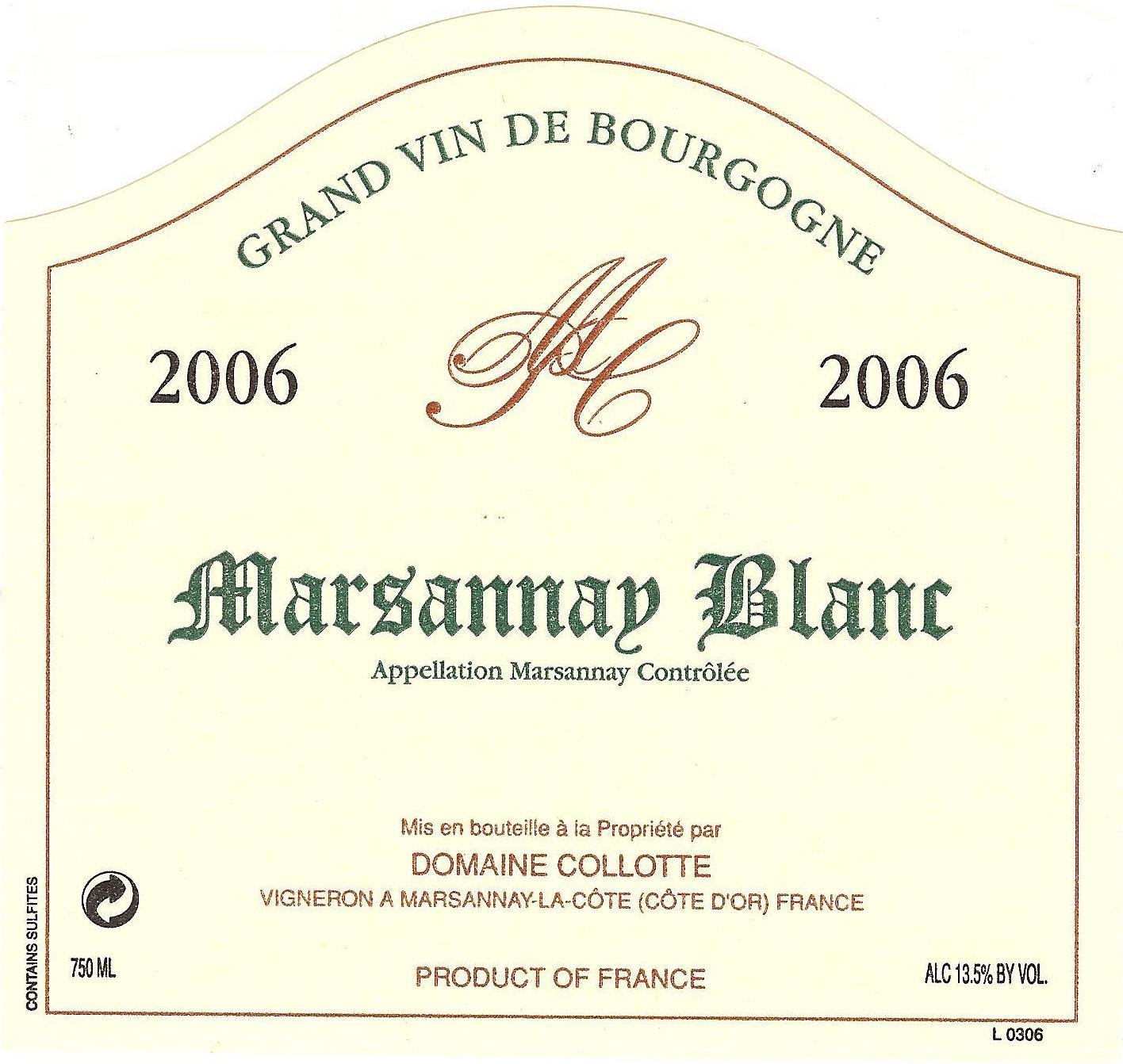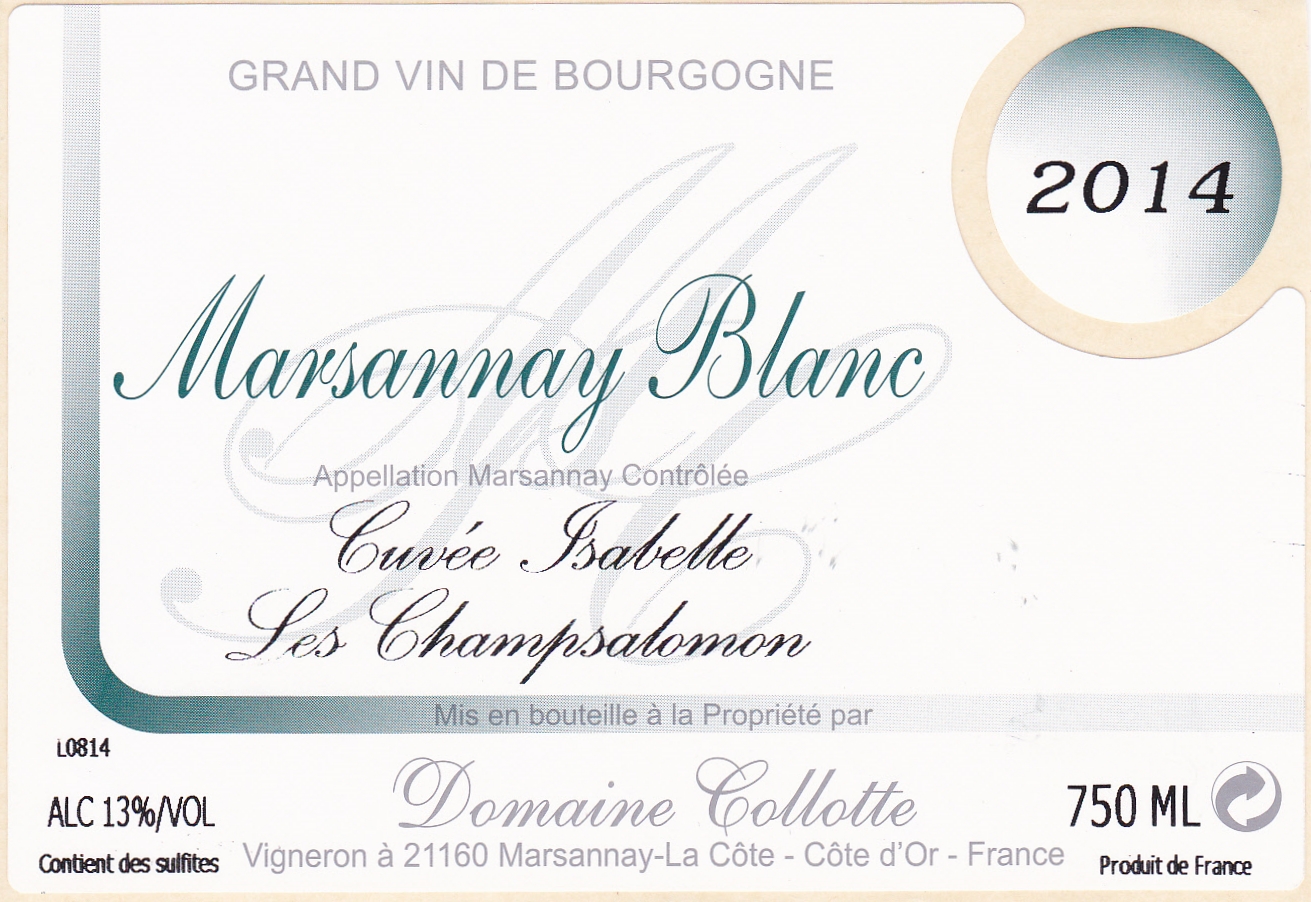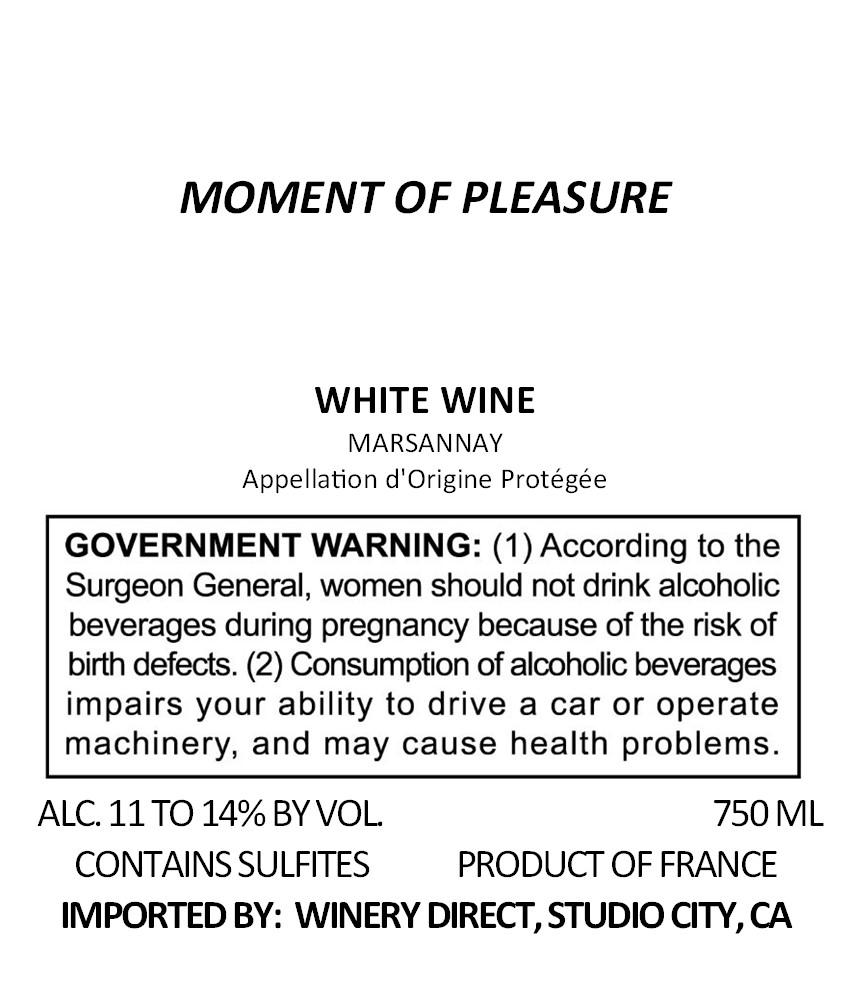Terroir of Marsannay
Marsannay's vineyards on the Montagne de Marsannay's lower slopes benefit from a diverse terroir and climate that shape its unique wines. Situated between 260 and 390 meters, these vineyards face southeast to south and have steep slopes up to 20%, affecting drainage and sunlight exposure. The soil varies: upper slopes have Jurassic limestones and thin, rocky topsoil, while mid-slopes contain marls and shales. Valley floors feature pebble-filled alluvial soils, adding complexity.
The region's continental climate has warm, sunny summers and cold winters, with moderate rainfall peaking in spring and autumn. Elevation and slope orientation help preserve acidity with cool nights, though spring frost poses a risk. This blend of climate and limestone-rich soils ensures Marsannay wines are balanced and fresh, even in warmer years.
Notable Wineries in Marsannay
The Marsannay region in Burgundy is renowned for its diverse and expressive wines, thanks to a selection of notable wineries that emphasize quality and authenticity. Here are a few exemplary producers:
- Domaine Sylvain Pataille: Celebrated for its organic and biodynamic wines that reflect their origin, especially the single-vineyard Marsannay.
- Domaine Bruno Clair: Known for classic, structured reds and refined whites, highlighting the essence of Pinot Noir.
- Domaine Trapet Père et Fils: A historic family estate producing balanced, fruit-forward wines using organic practices.
- Domaine Charlopin-Tissier: A newer estate crafting precise, balanced Marsannay reds with ripe cherry flavors.
- Maison Louis Latour: Crafts traditional Marsannay wines with a wide distribution, enhancing the region's reputation.
Sustainable Winemaking in Marsannay
In Marsannay, sustainability is a key focus, with many winemakers adopting organic and biodynamic farming to enhance soil vitality and vine health while minimizing synthetic chemicals. Cover crops and grasses are planted between rows to prevent erosion and boost soil quality. Hedgerows and wildflower areas are maintained to attract beneficial insects, promoting biodiversity.
In the cellar, producers are increasingly using native yeasts and managing sulfur carefully, with minimal intervention. Energy-efficient technologies like LED lights, solar panels, and pneumatic presses are becoming more common. Efforts to reduce environmental impact include using lighter bottles and improving water management.
Some vineyards have achieved HVE or organic certifications, supported by the growers’ association, which offers guidance aligned with Burgundy-wide environmental standards. These practices not only preserve Marsannay’s unique terroir but also ensure the region remains a leader in sustainable winemaking.
Wine Tourism in Marsannay
Marsannay in Burgundy is an ideal destination for wine tourism, with its rich viticultural heritage and scenic beauty.
- Cellar Tastings and Tours: Marsannay's winemakers welcome visitors for tastings and tours, often requiring advance booking. Open-house events sometimes allow impromptu vineyard visits.
- Vineyard Trails and Scenic Drives: The Route des Grands Crus offers cyclists and drivers stunning views and a connection to nearby wine villages like Fixin and Gevrey-Chambertin.
- Festivals and Local Events: Engage with Burgundy's wine culture at local wine fairs and events like the Saint-Vincent Tournante, with opportunities to join harvest celebrations.
- Food and Accommodations: Enjoy Marsannay wines with Burgundian cuisine such as boeuf bourguignon. Stay in local B&Bs or in Dijon, leveraging Marsannay's excellent transport links for exploring the Côte de Nuits.
